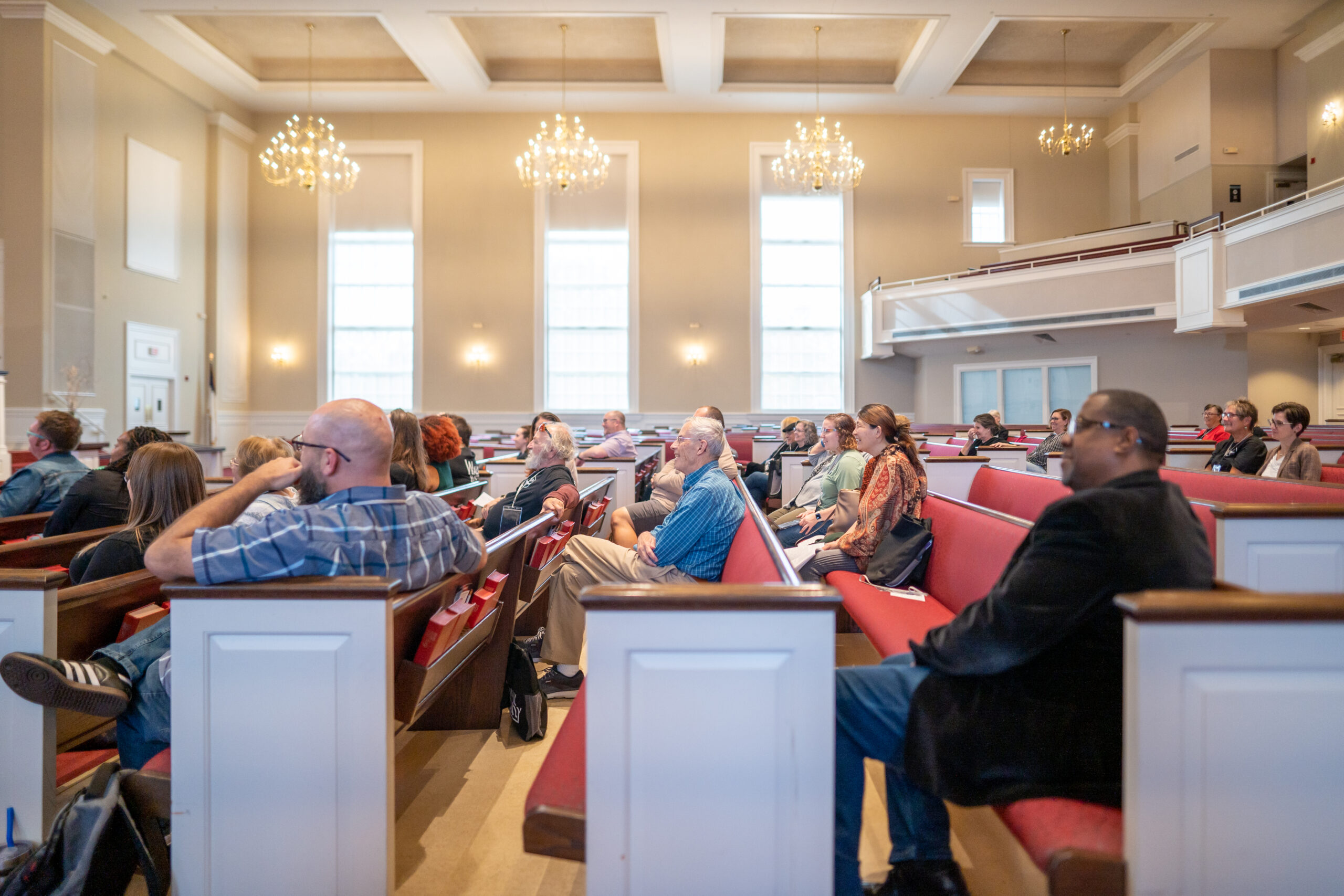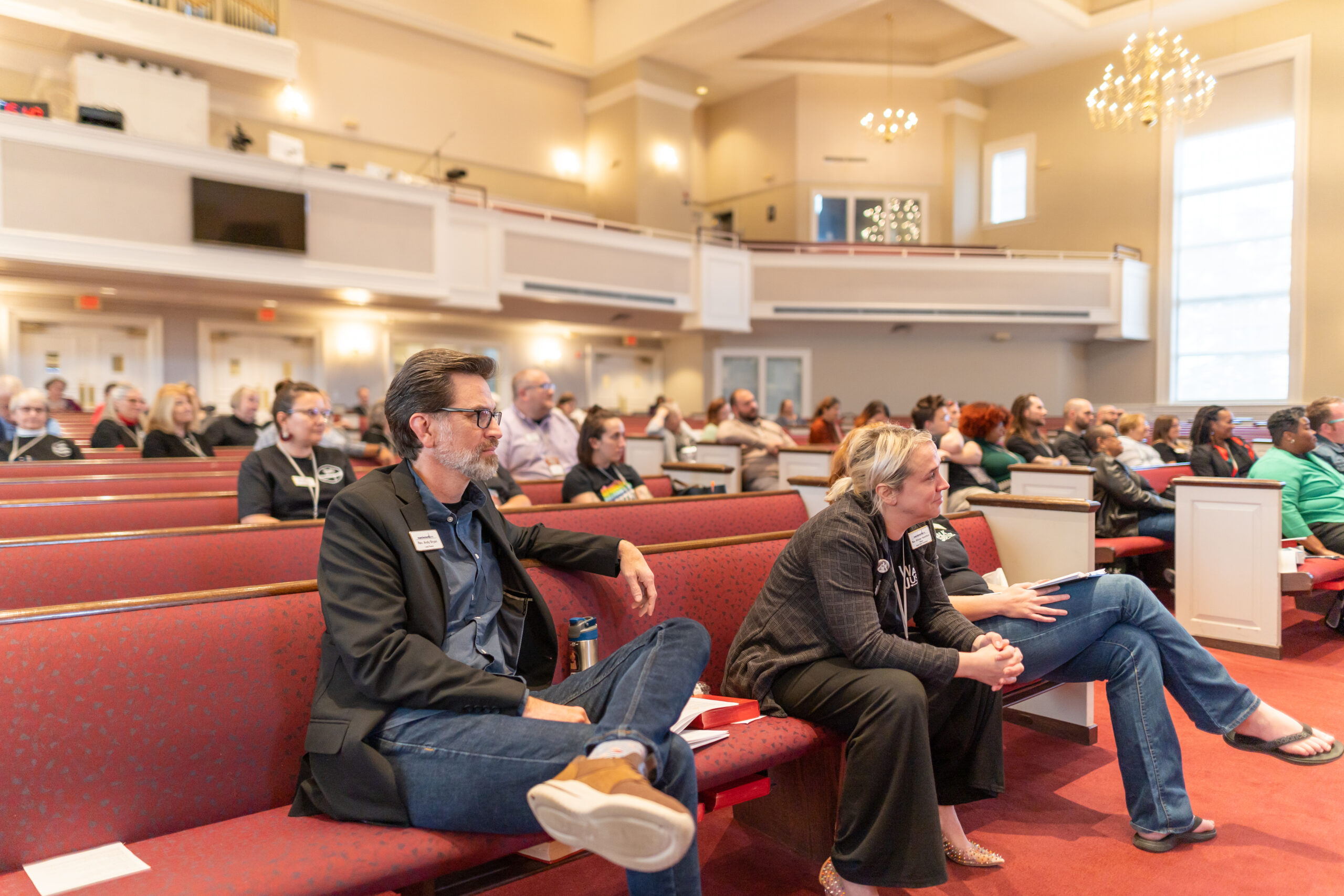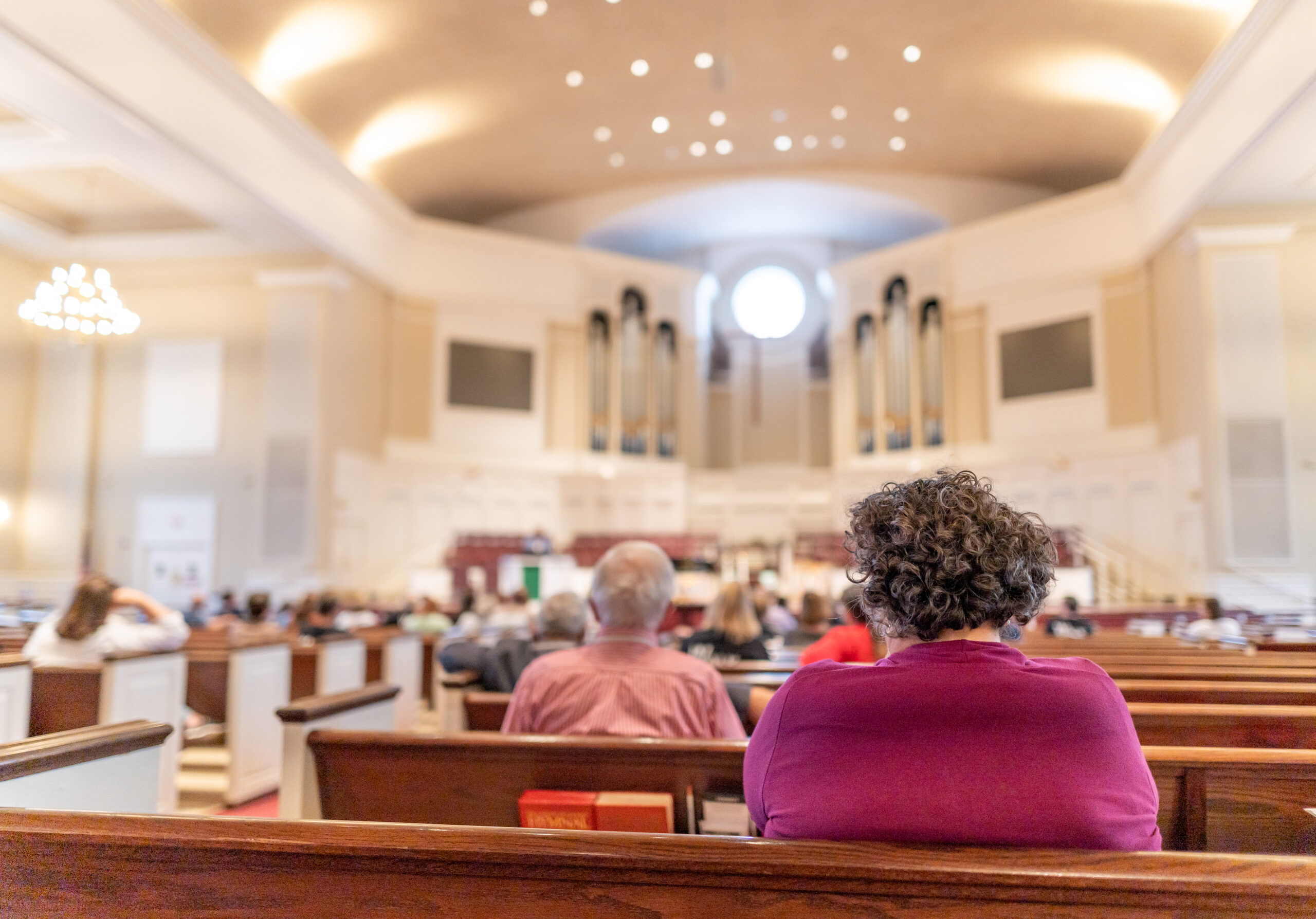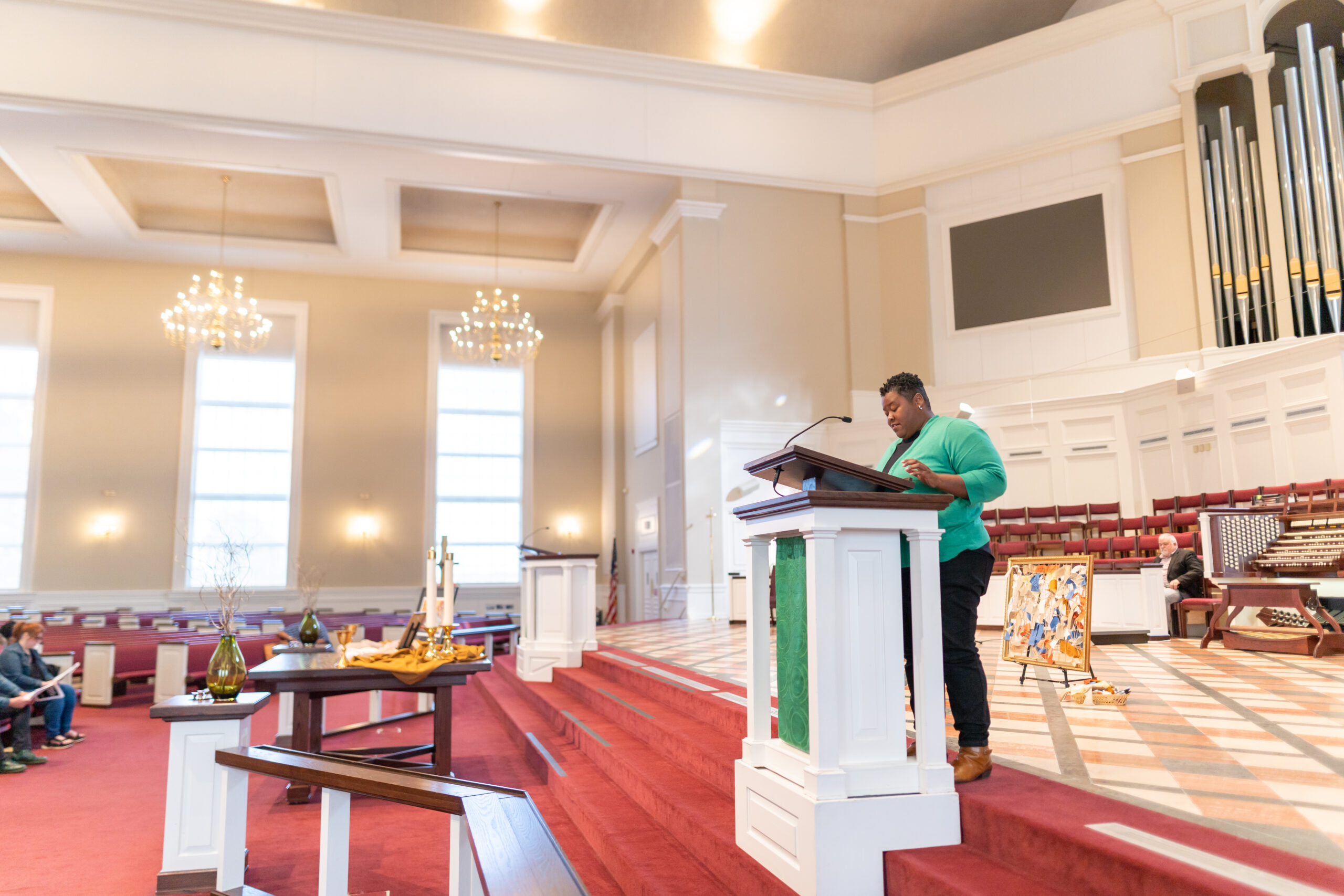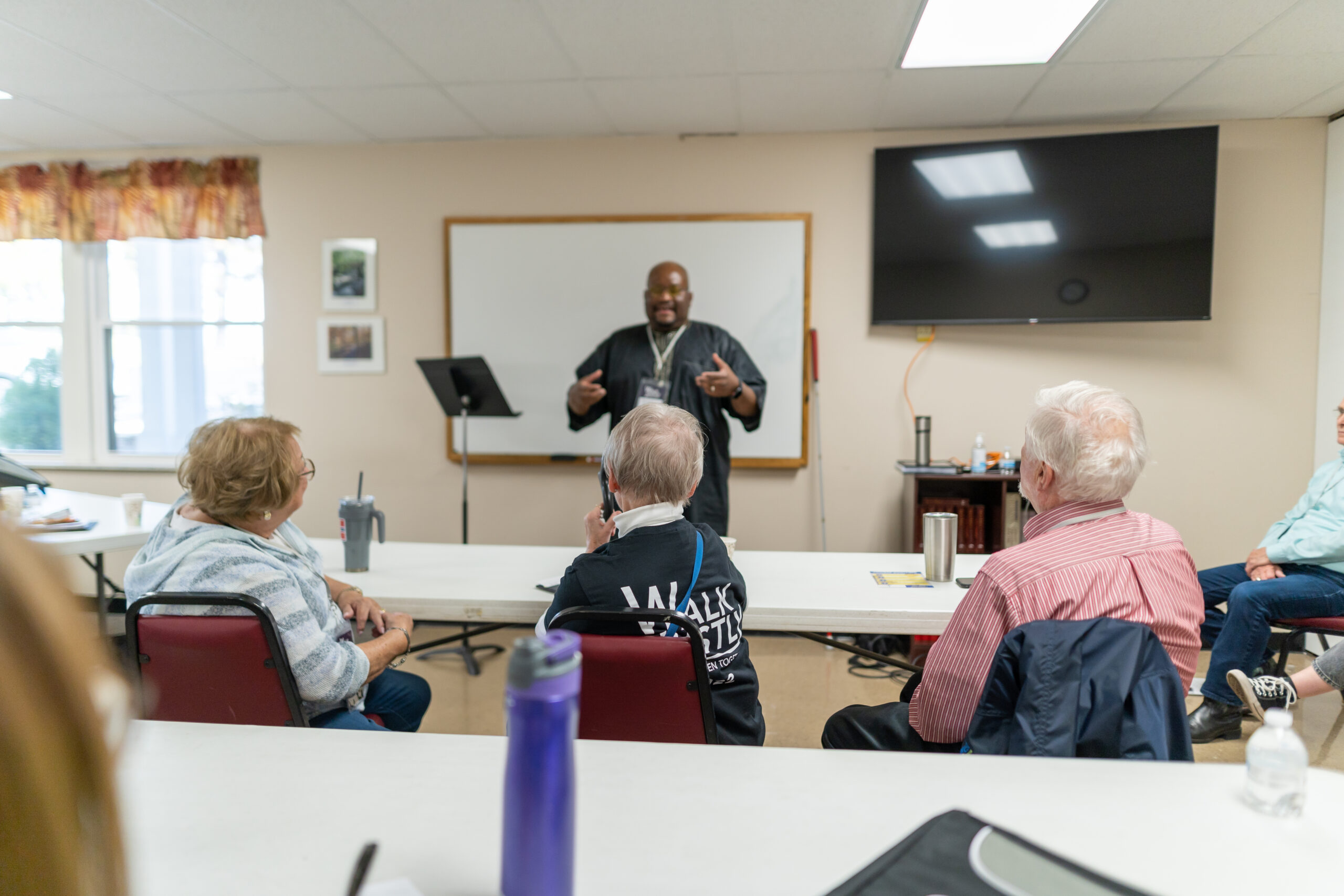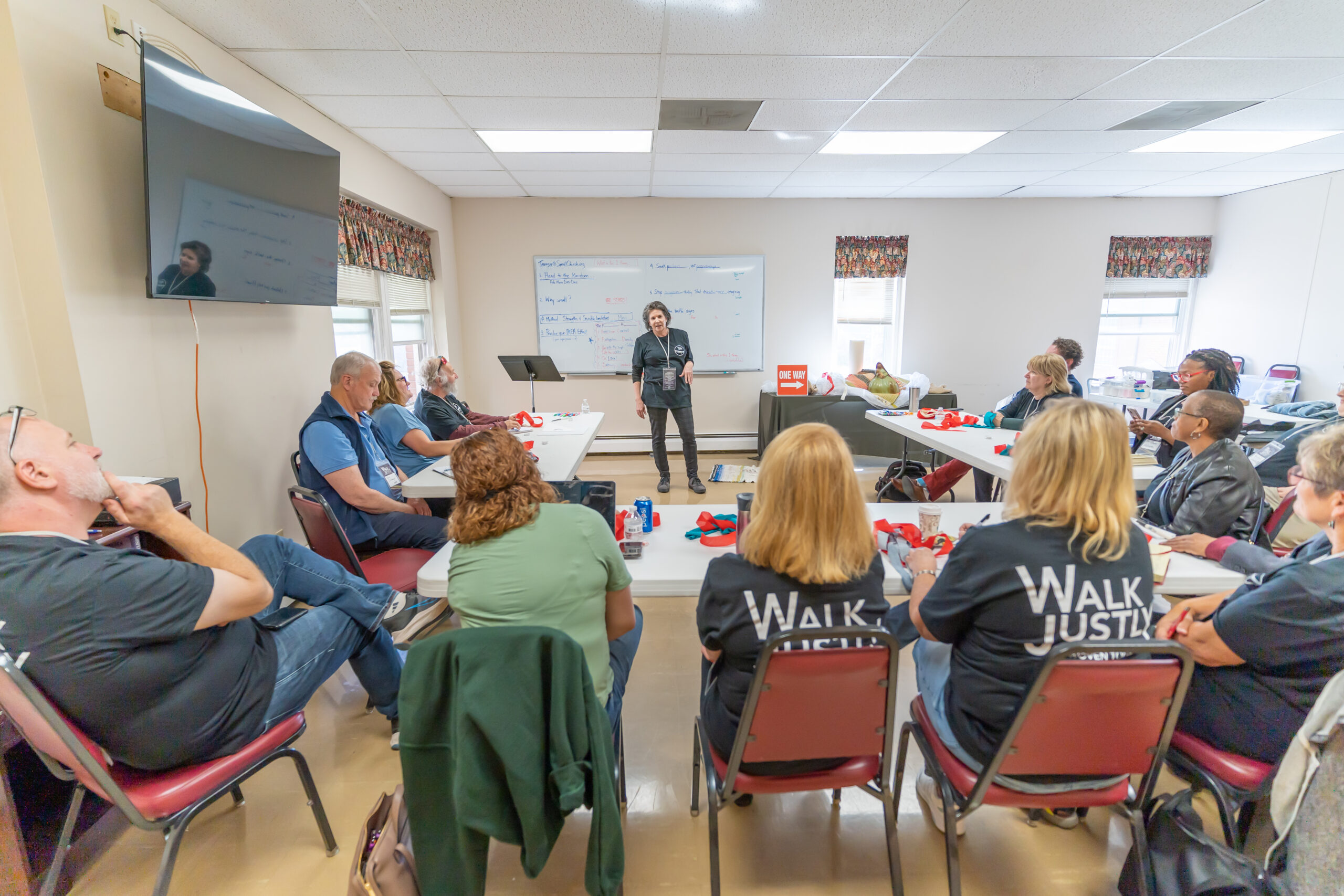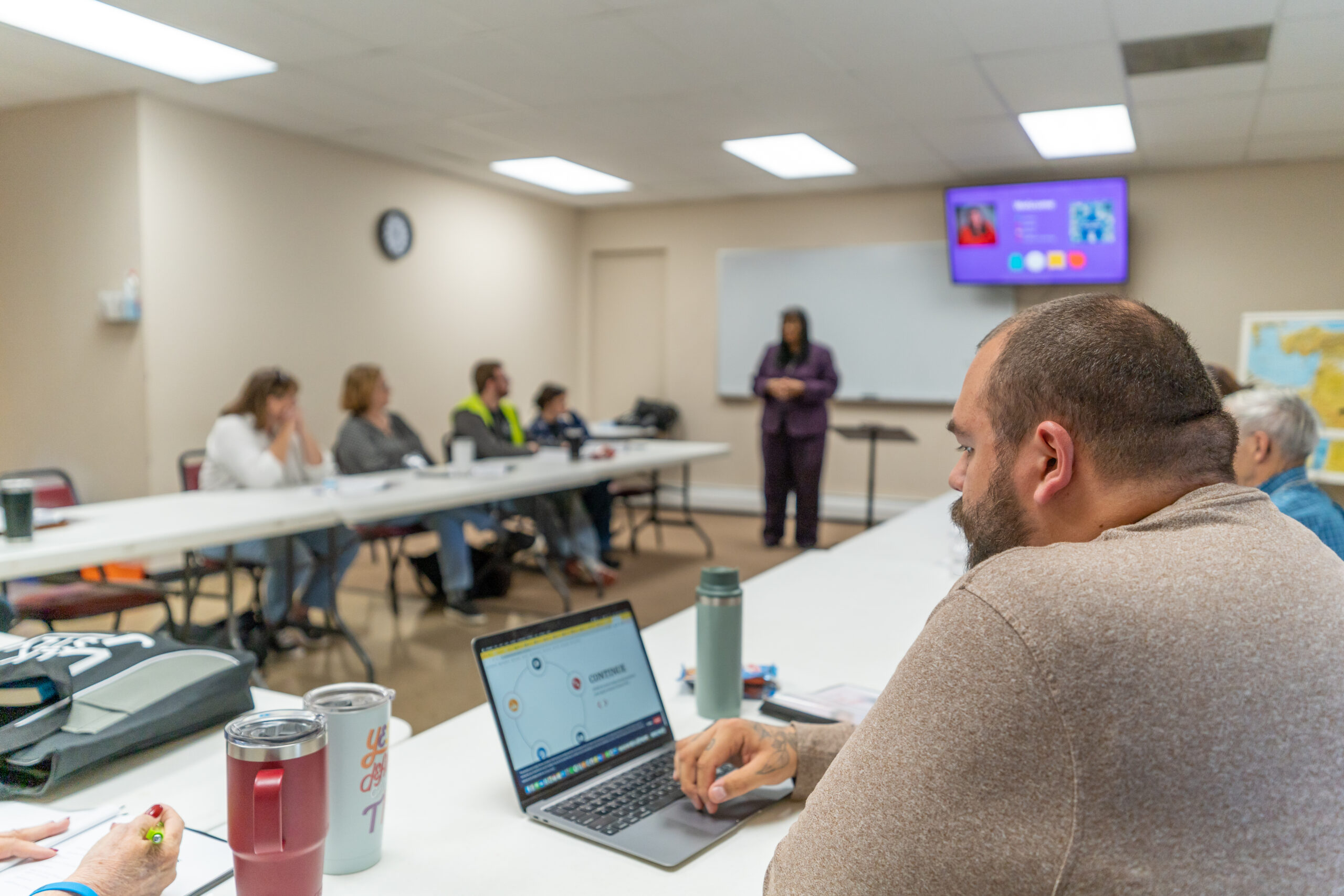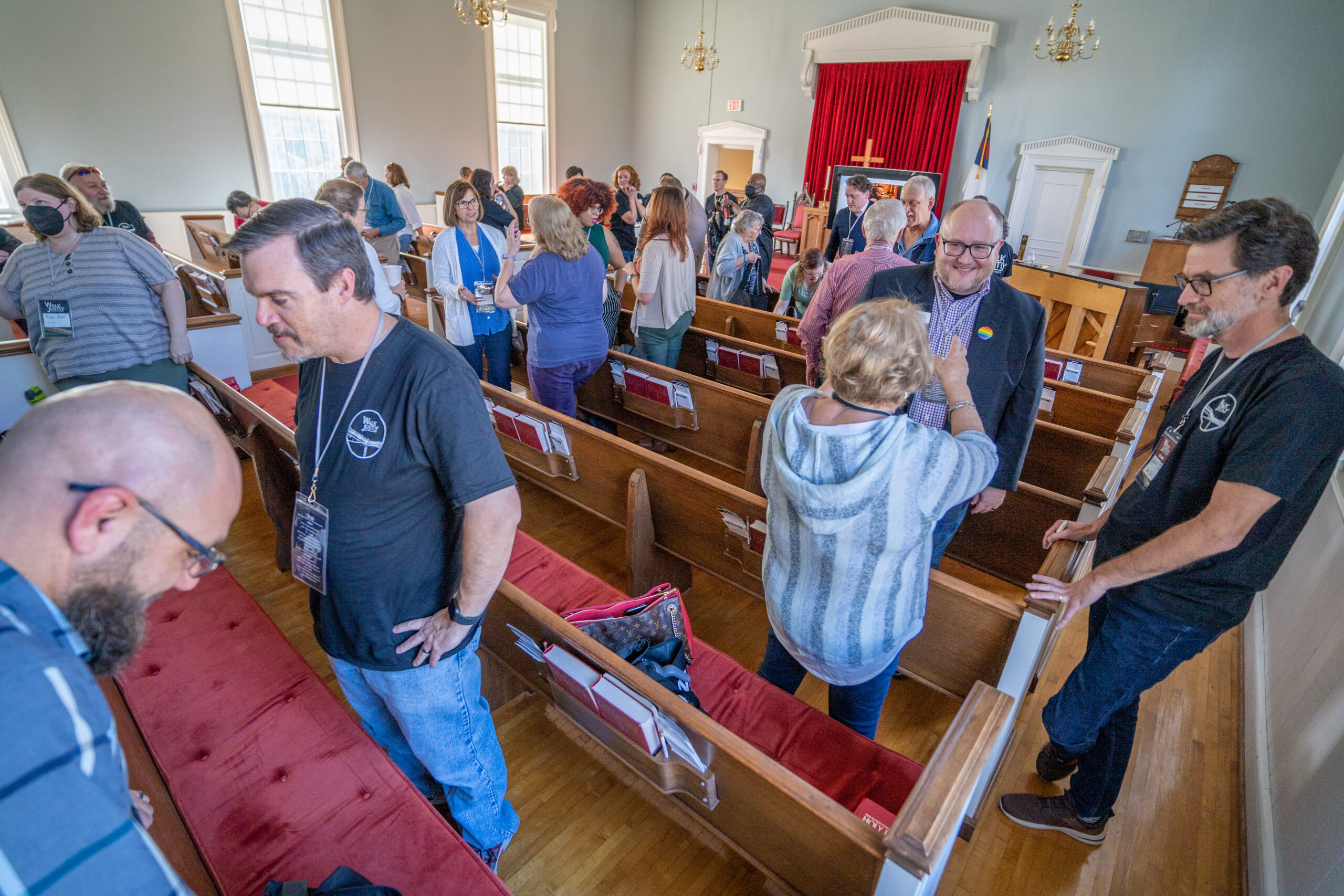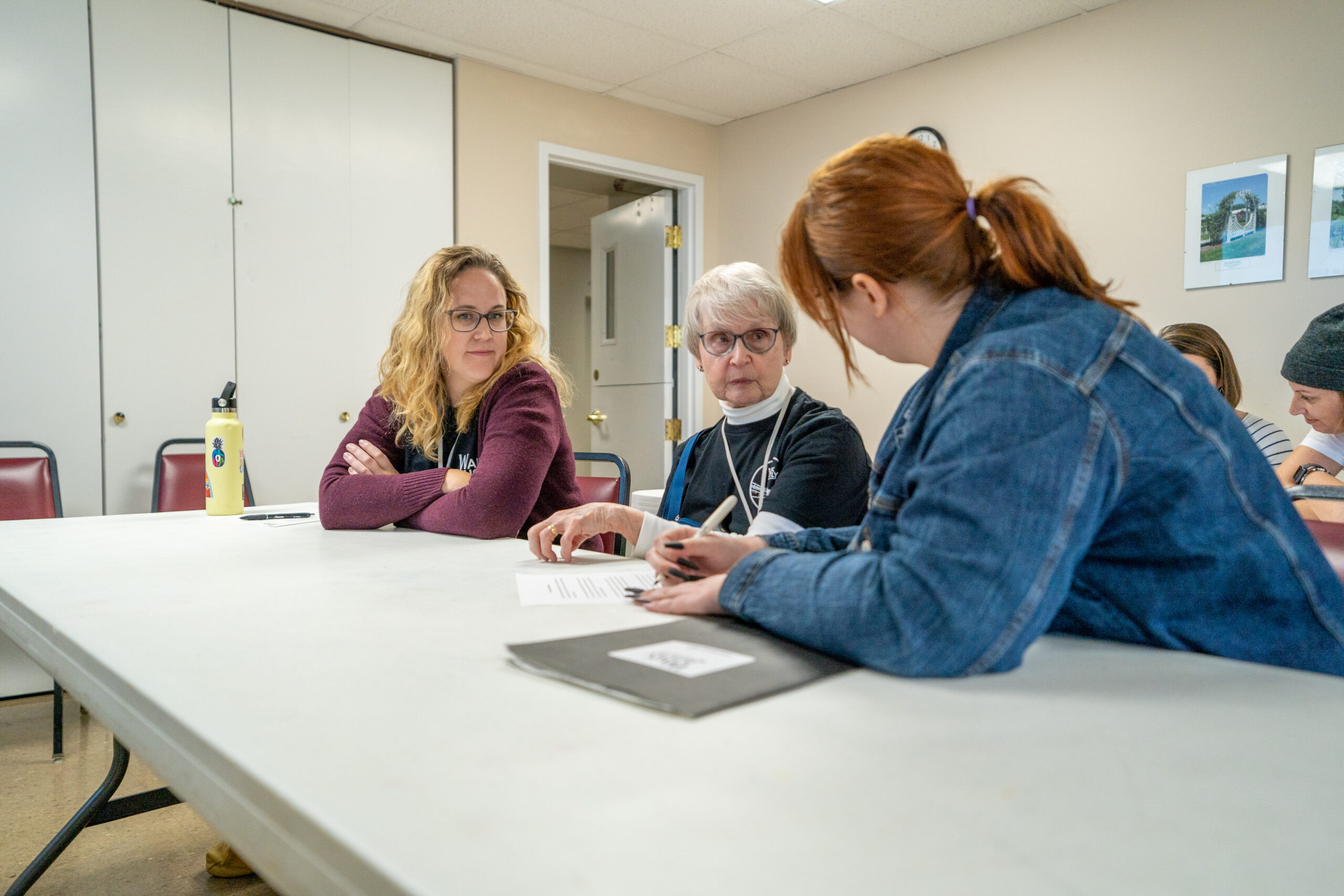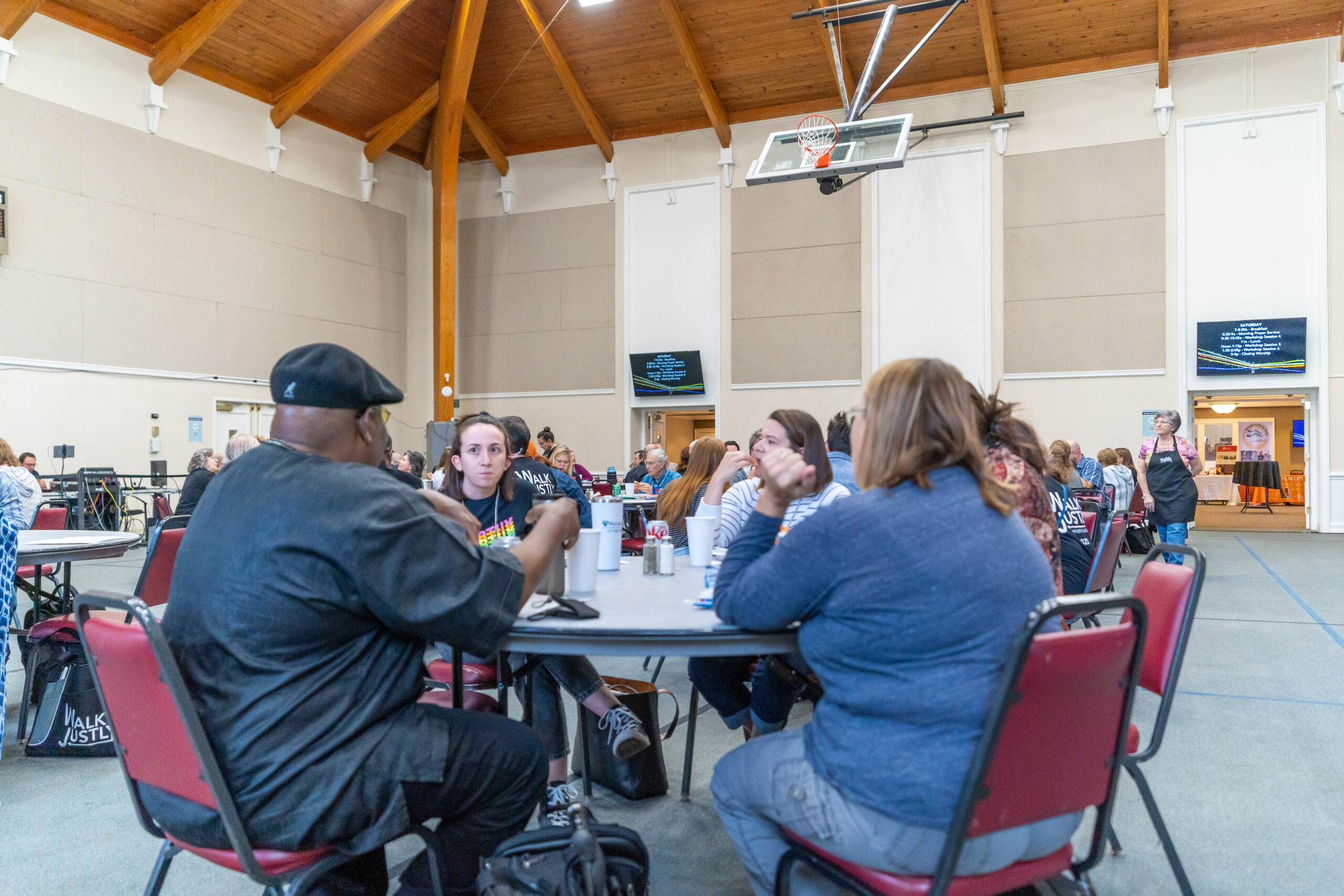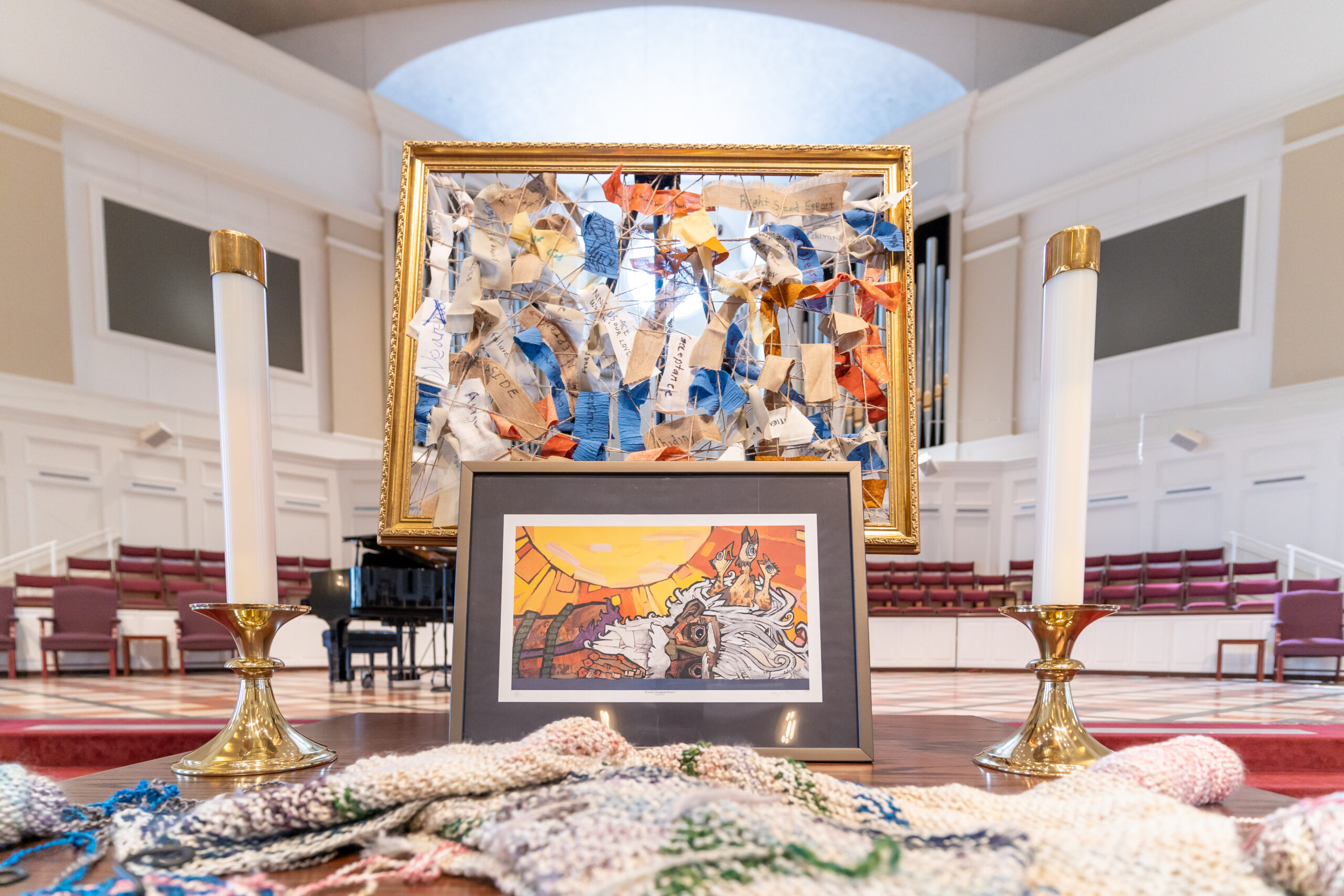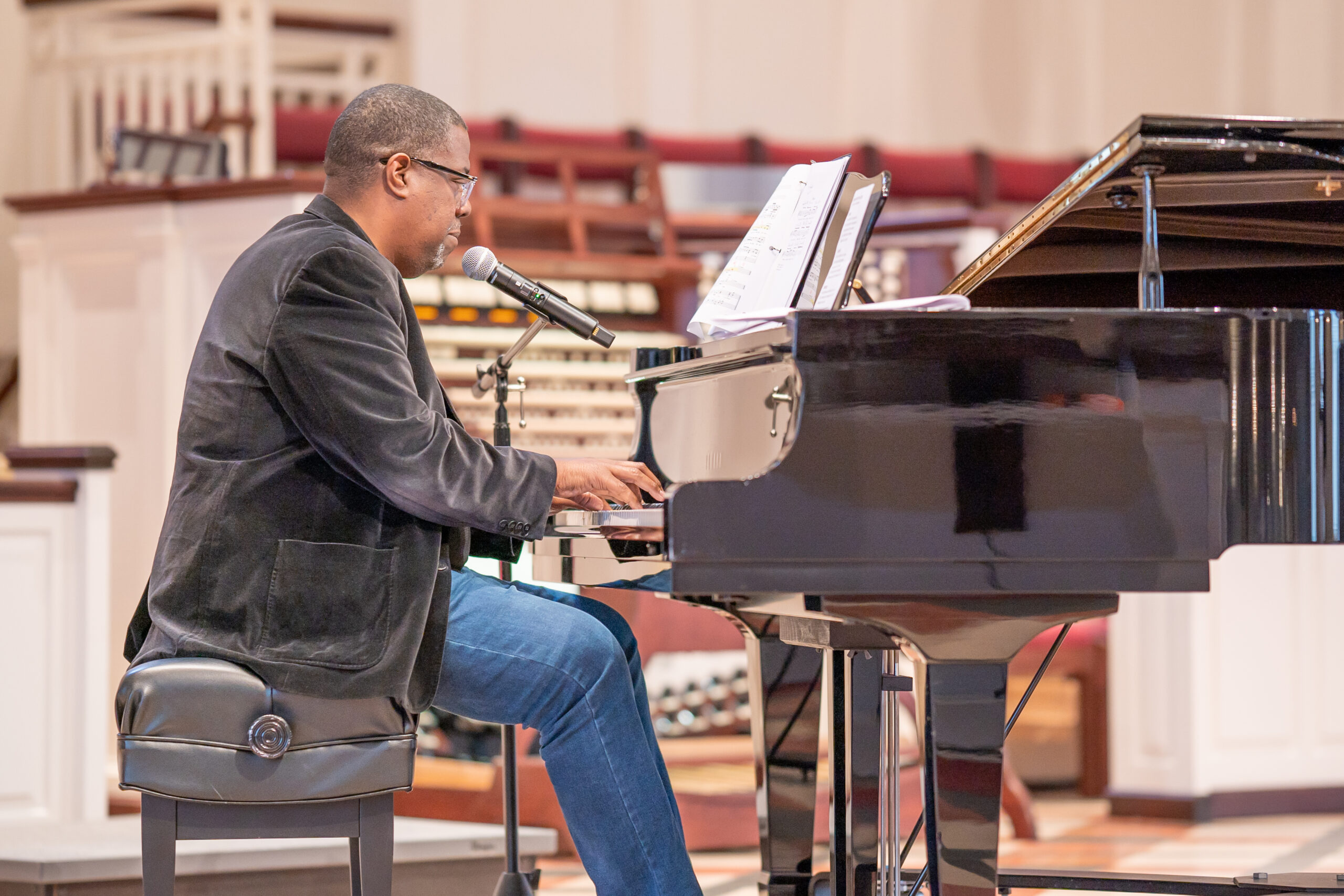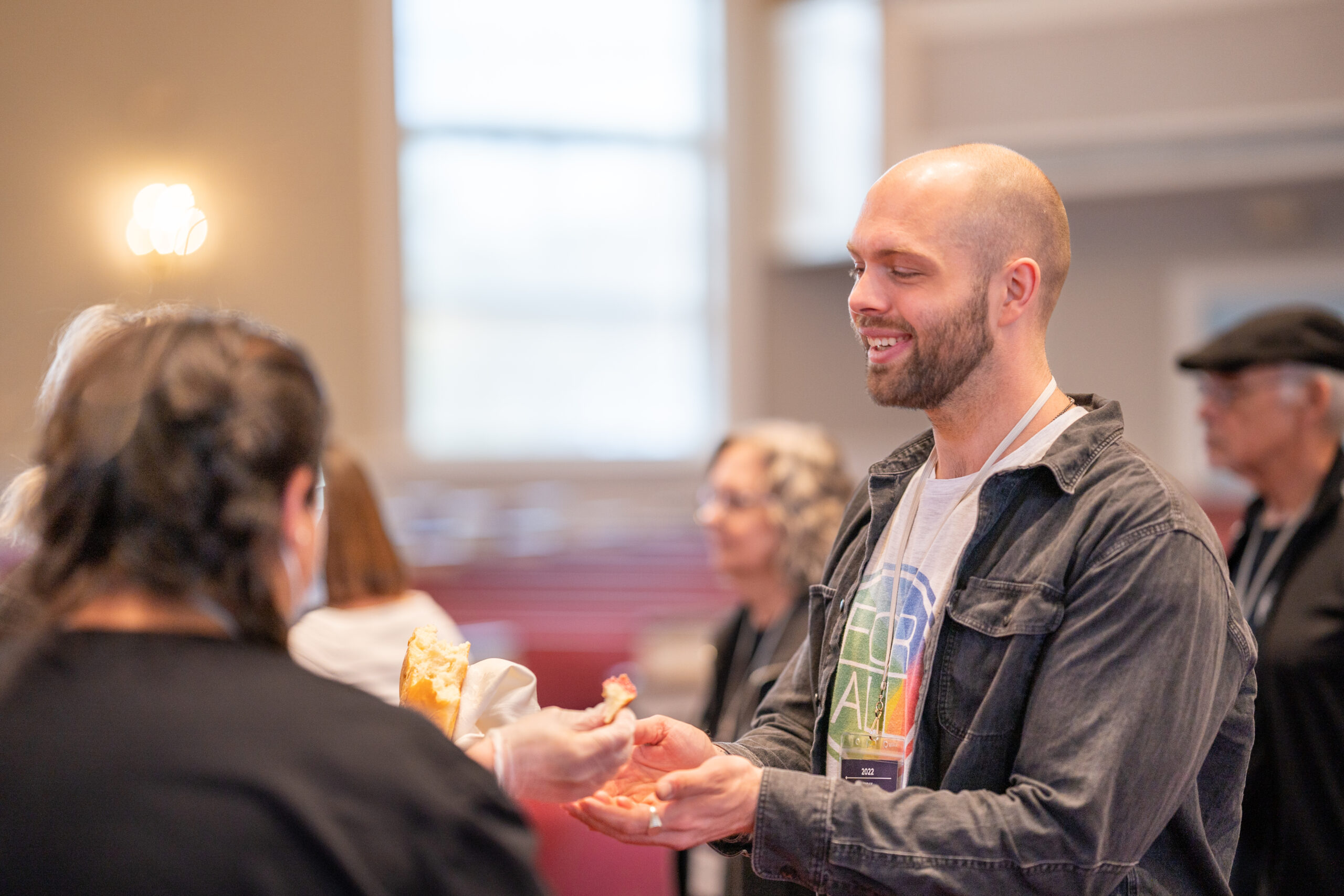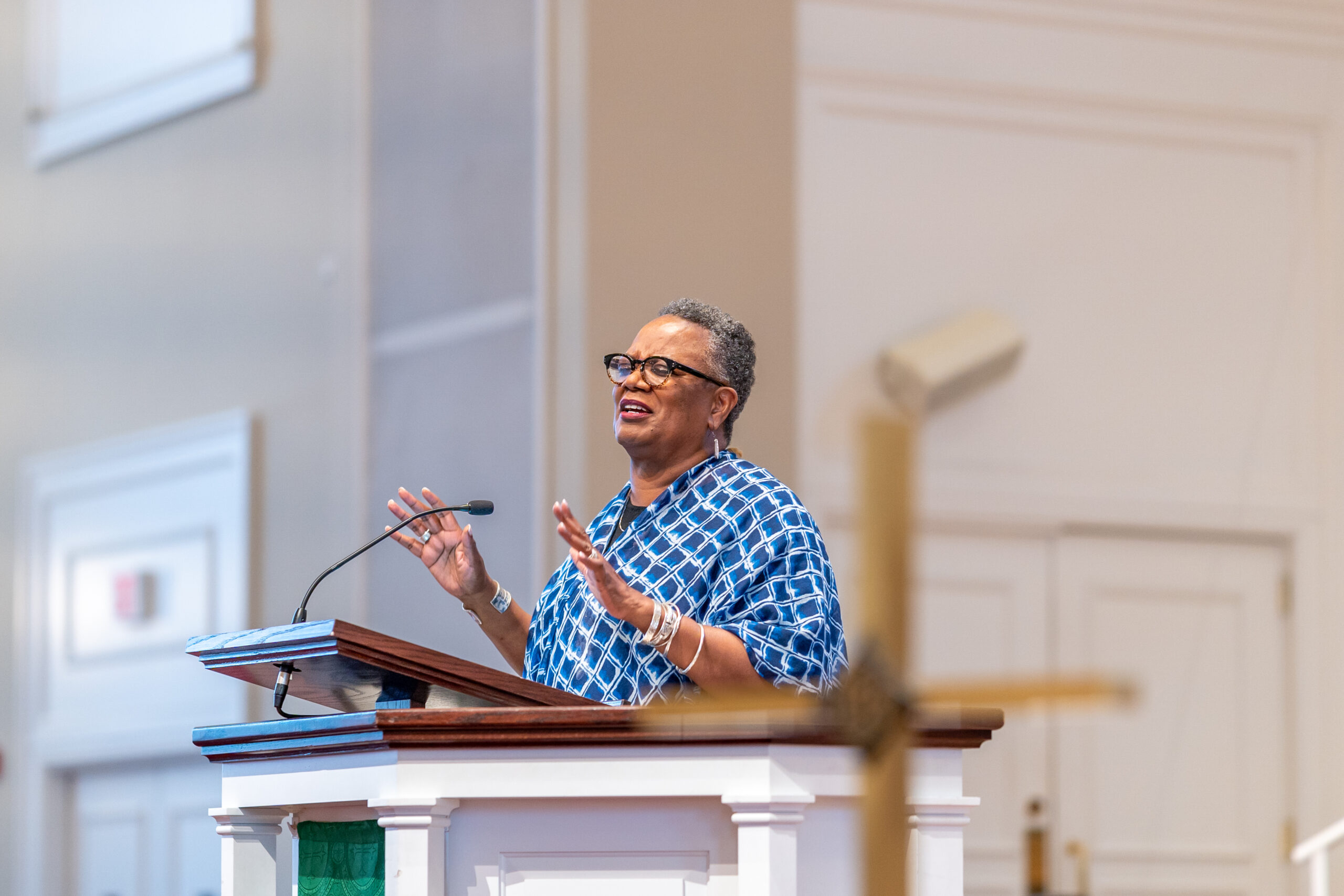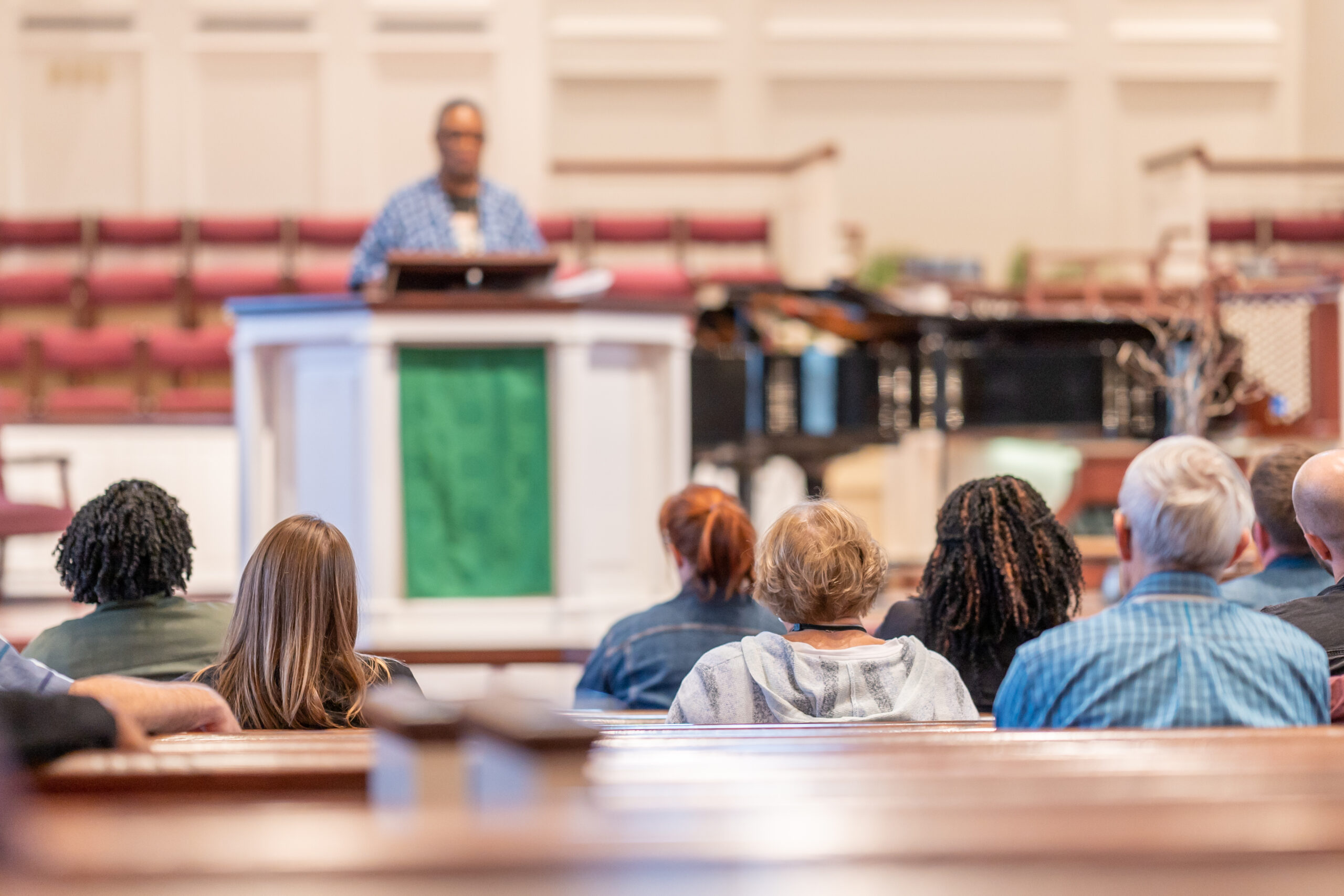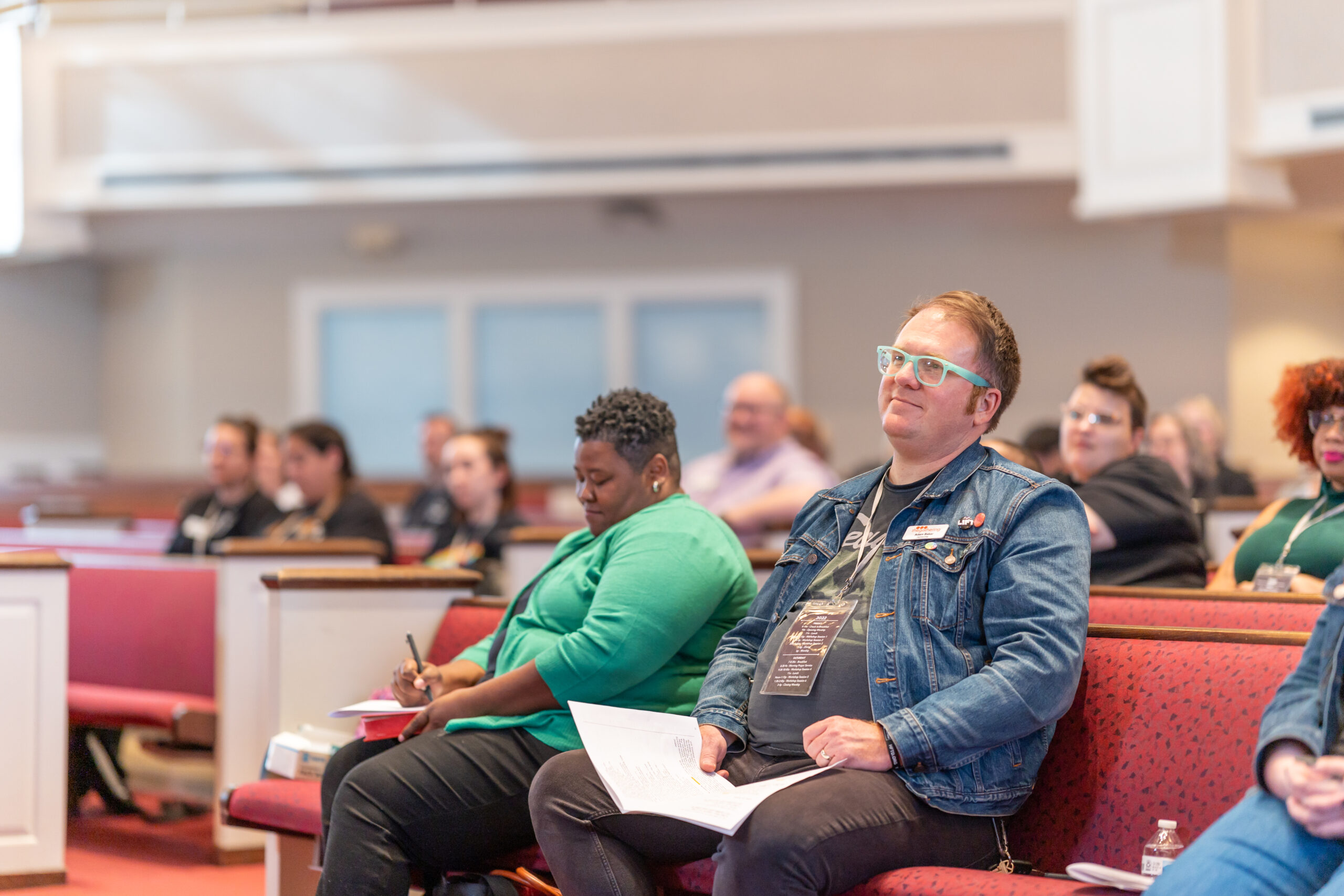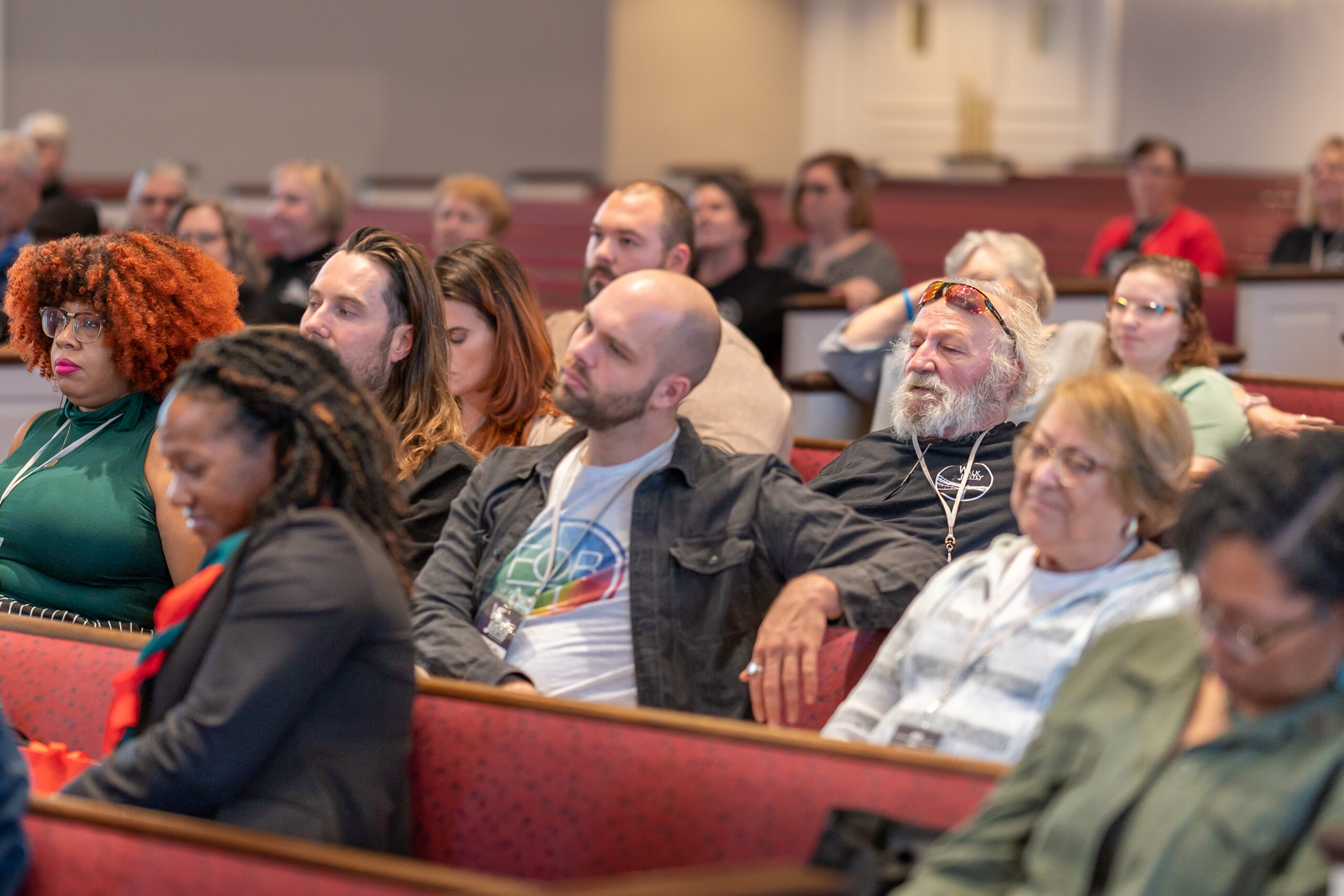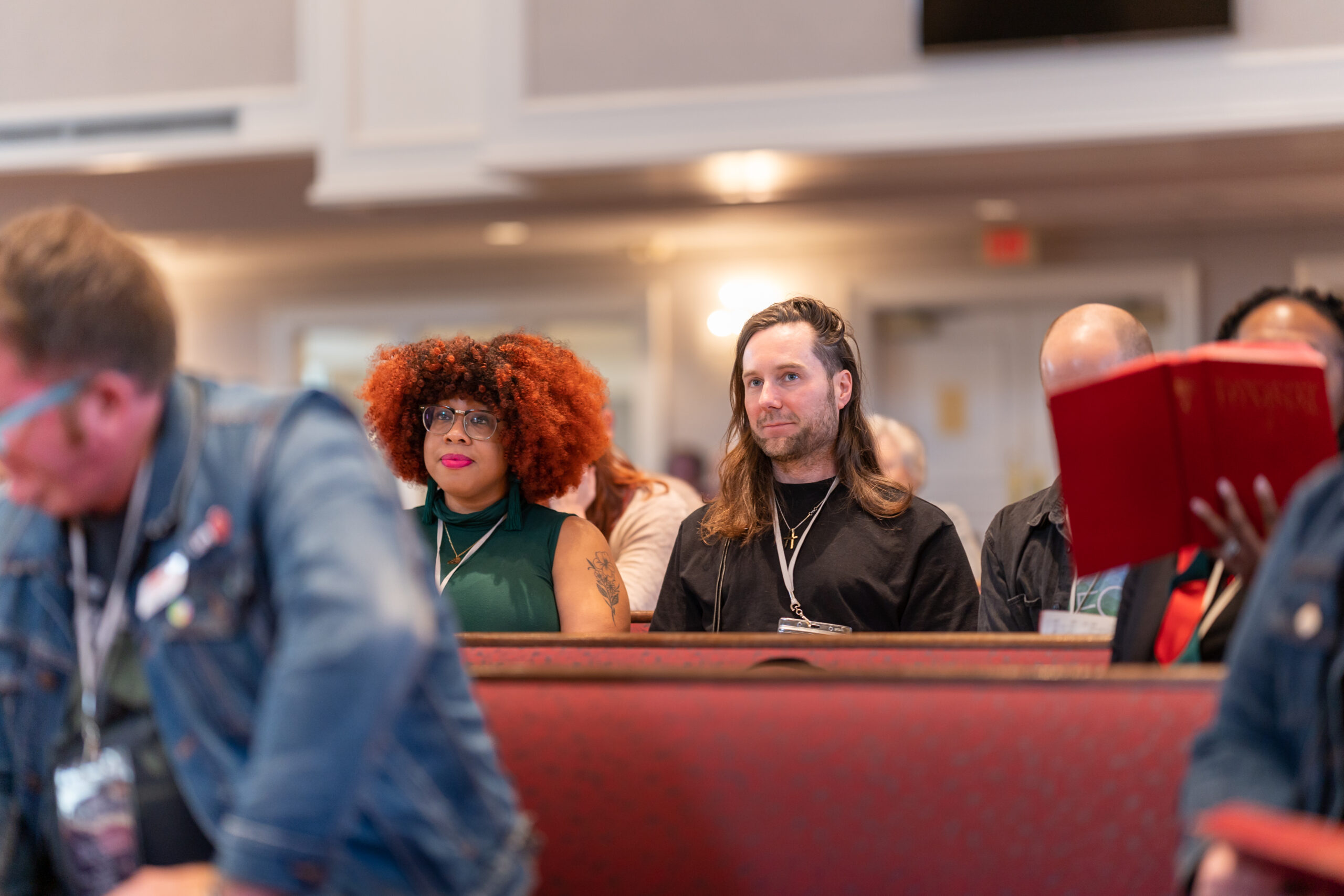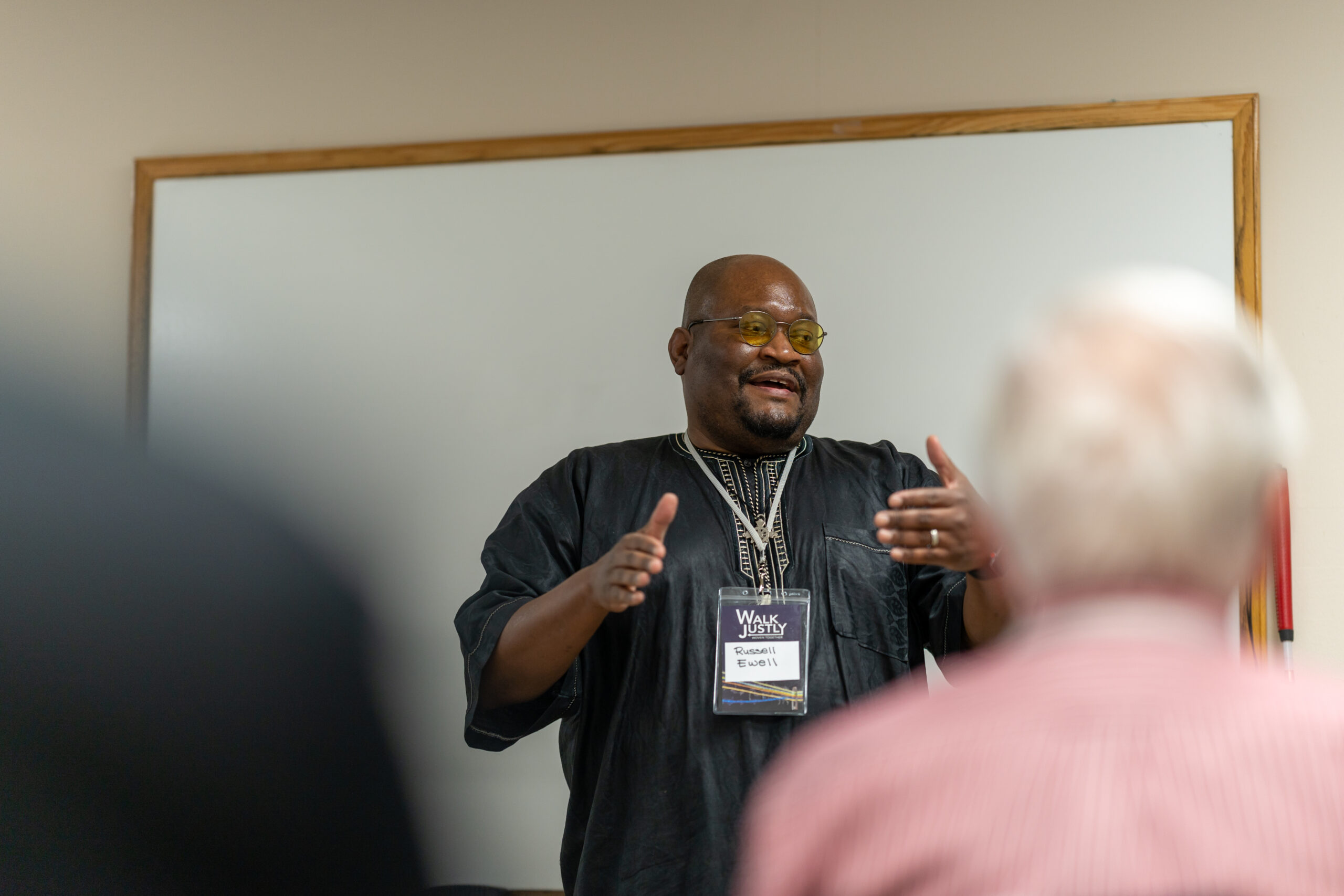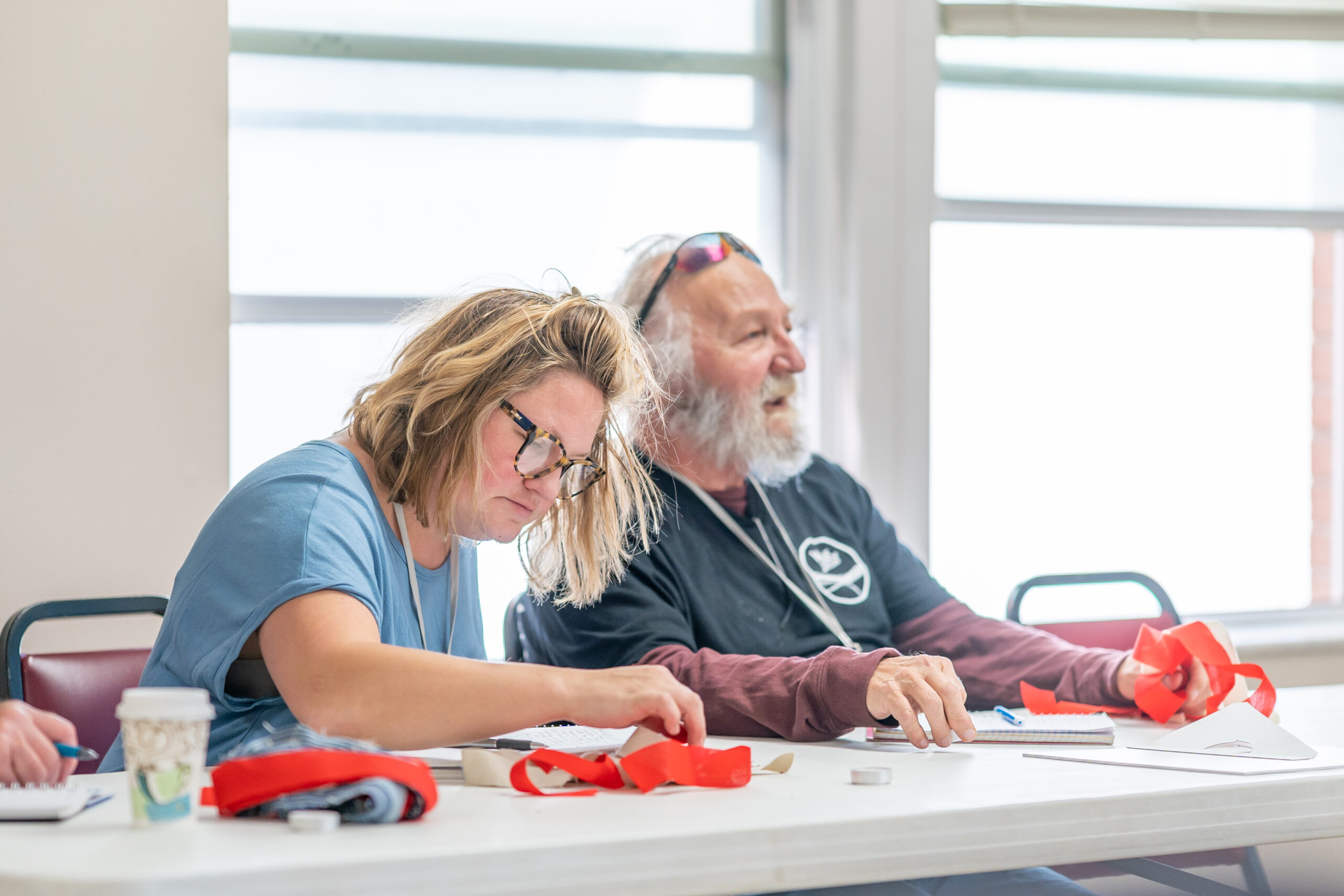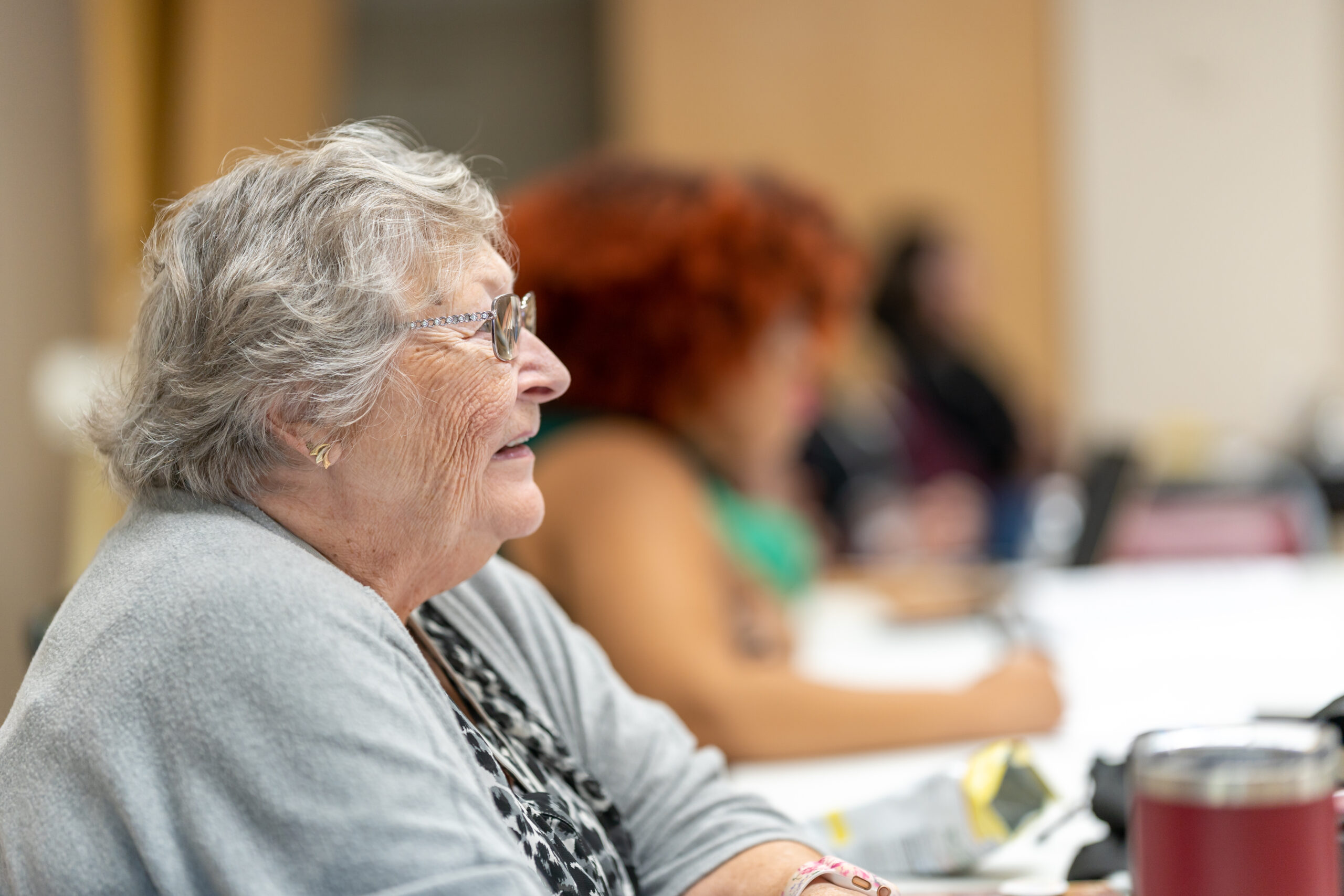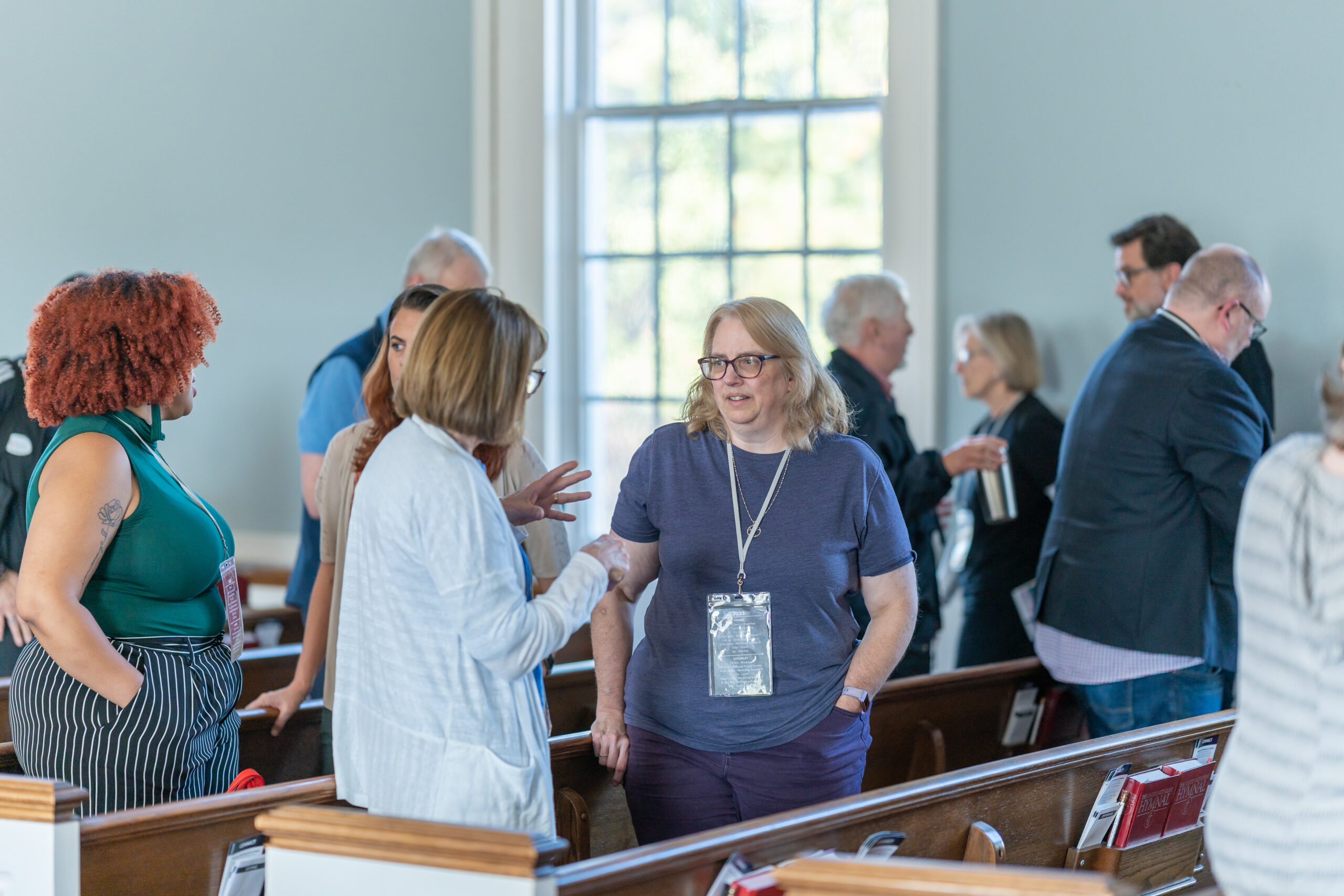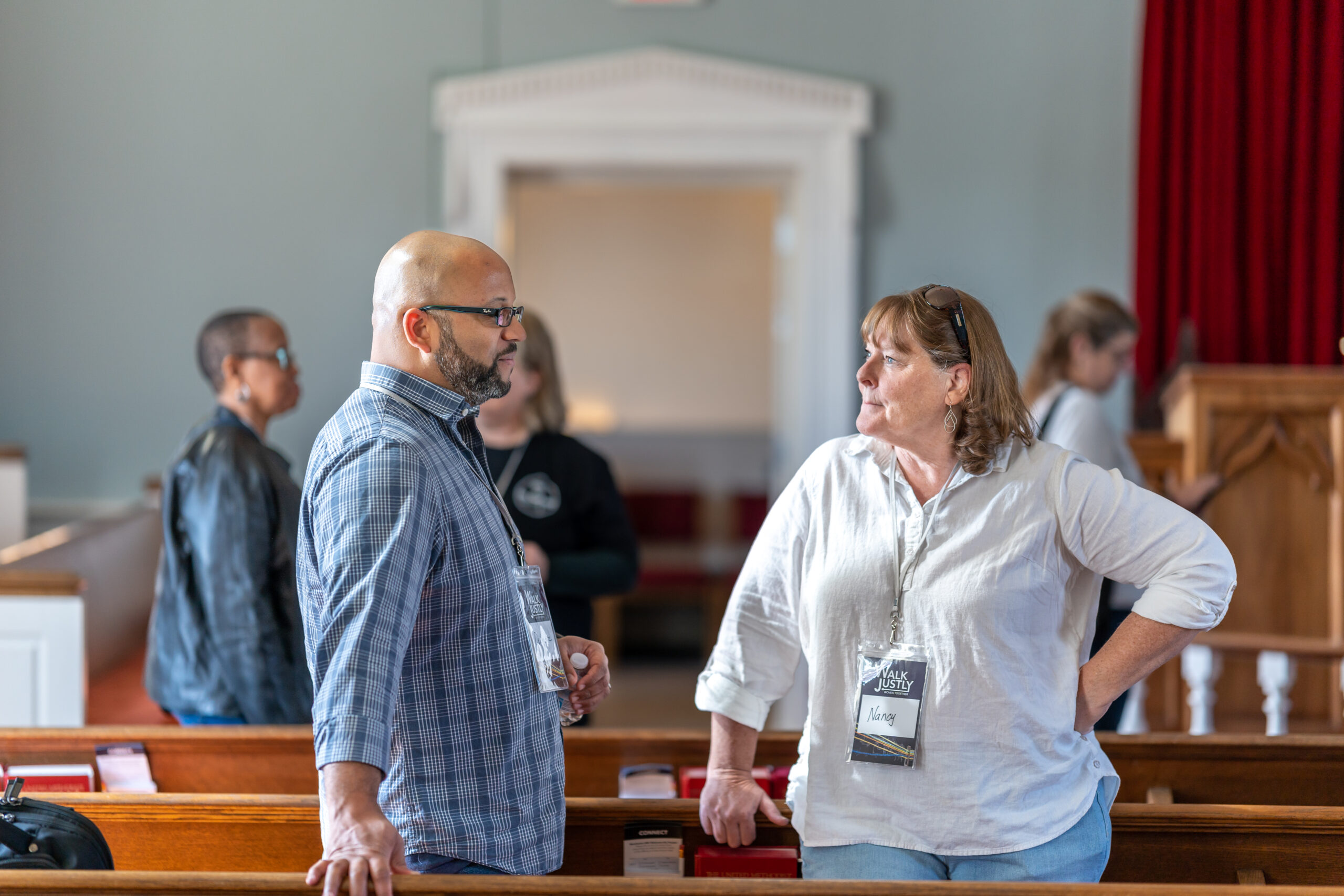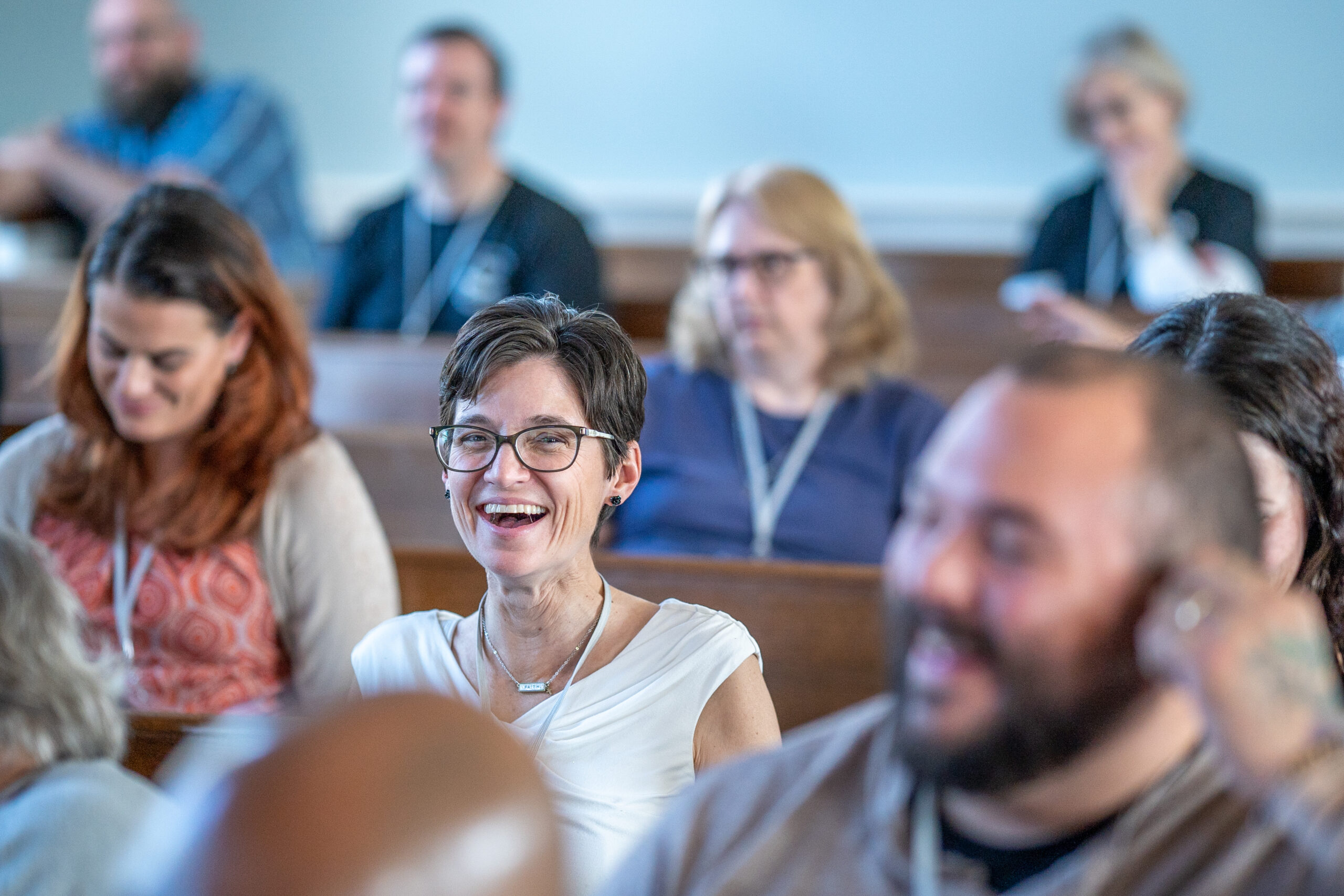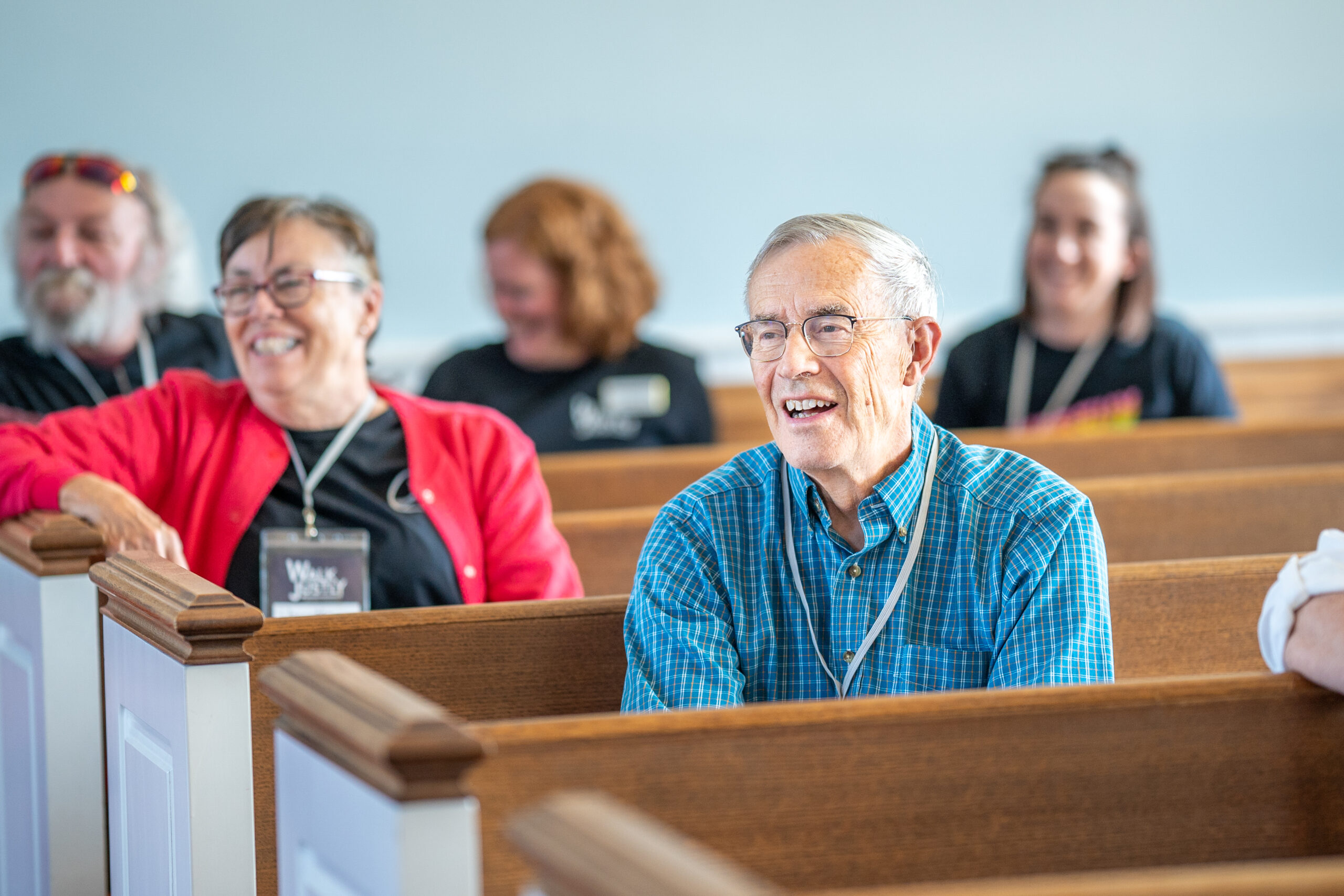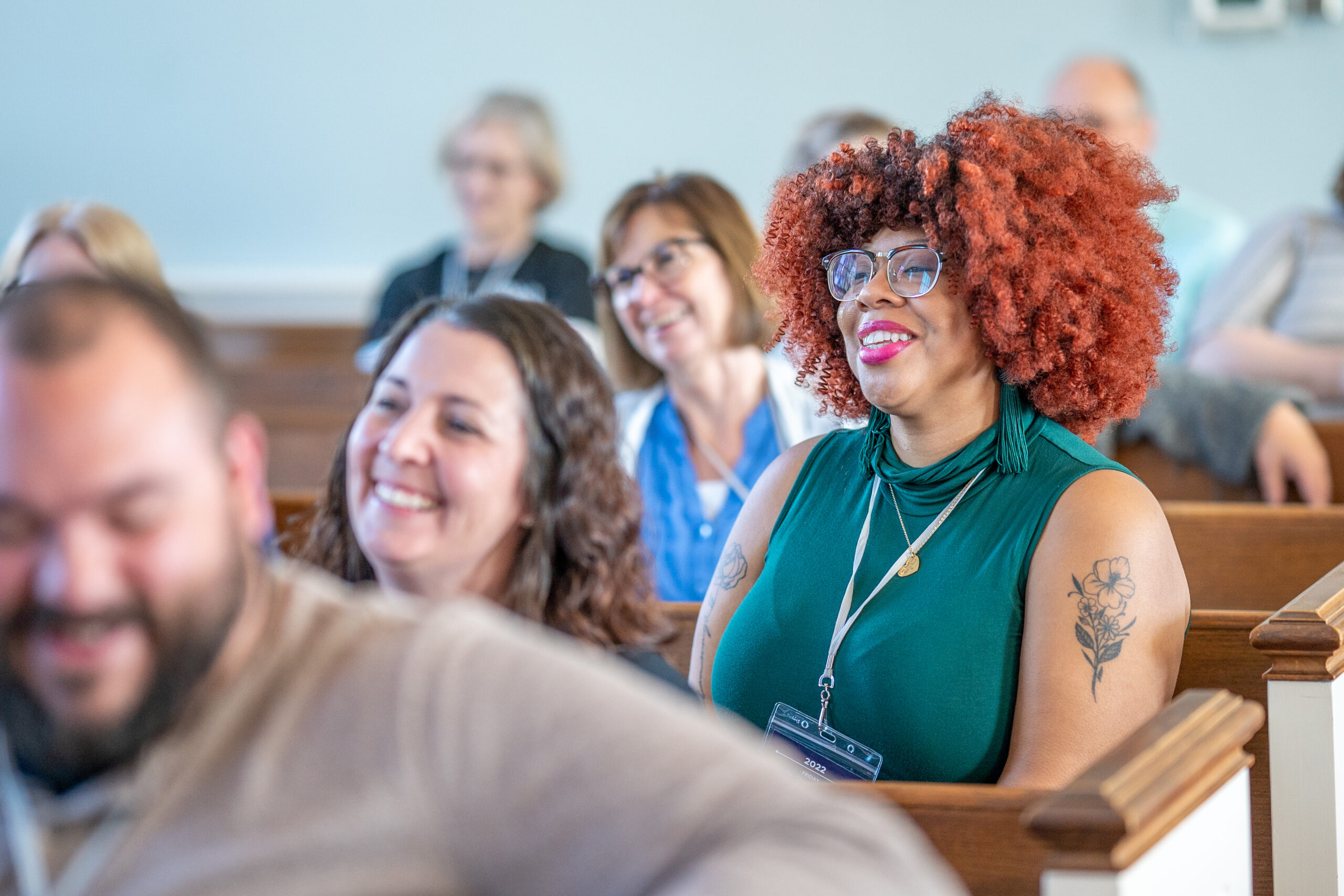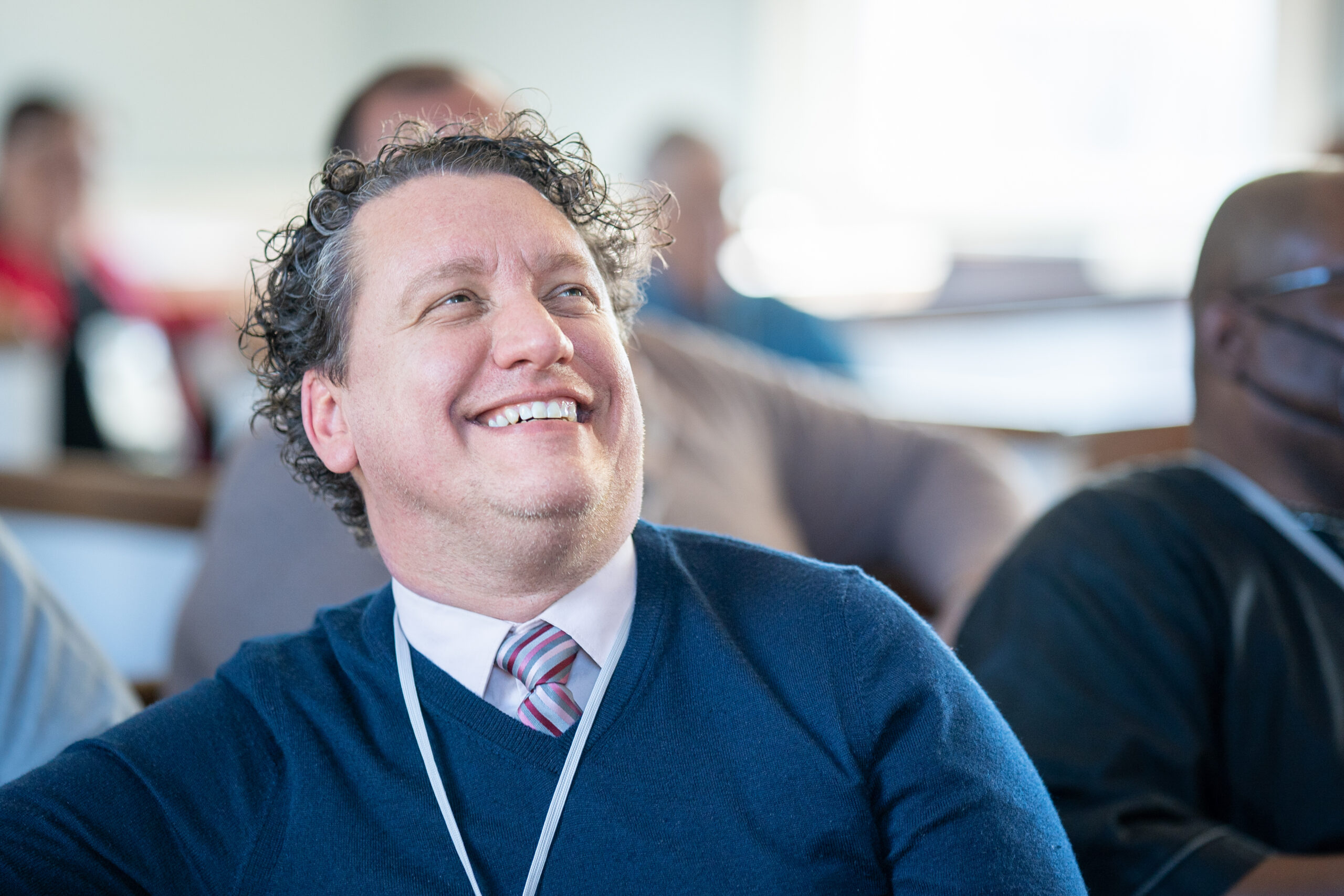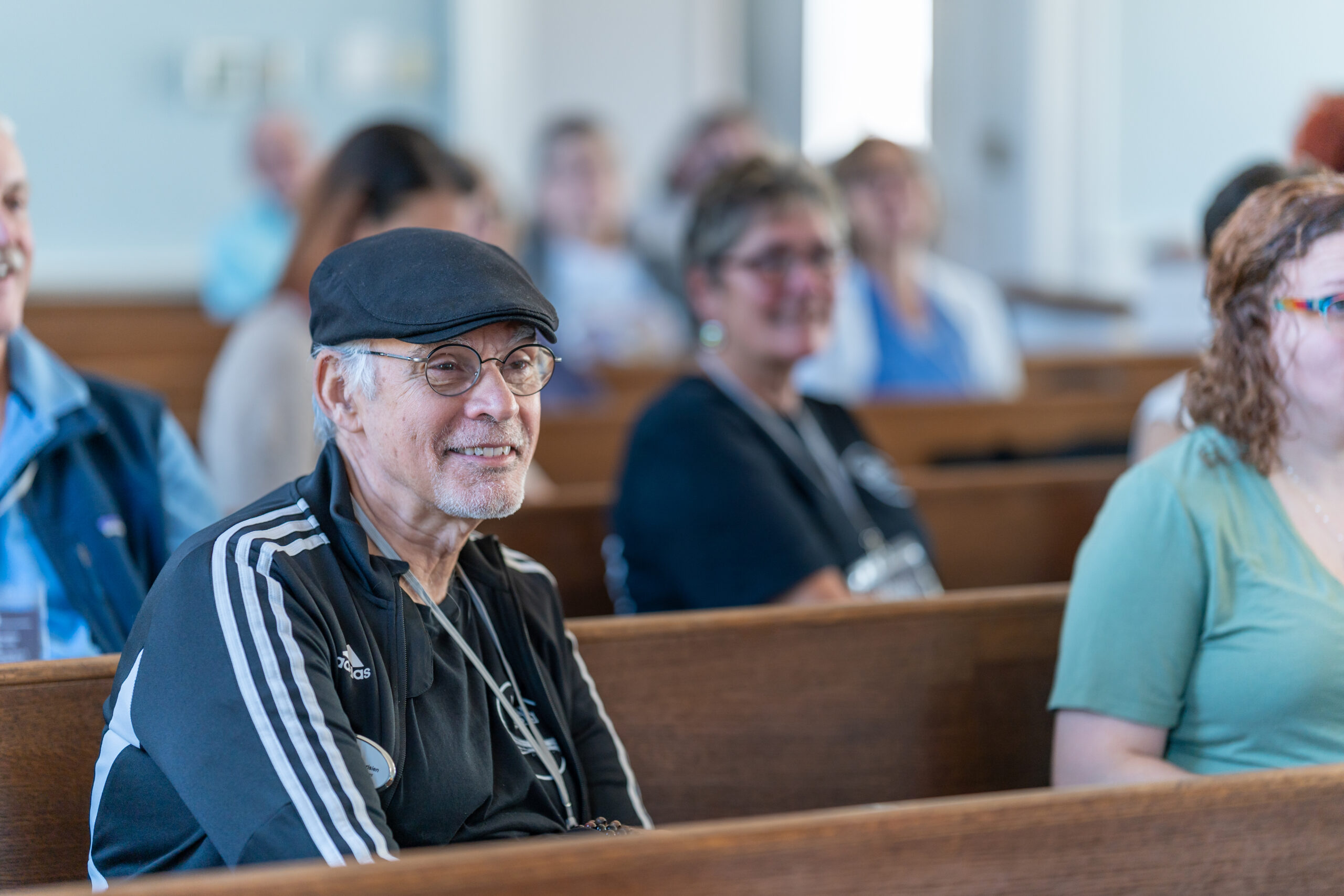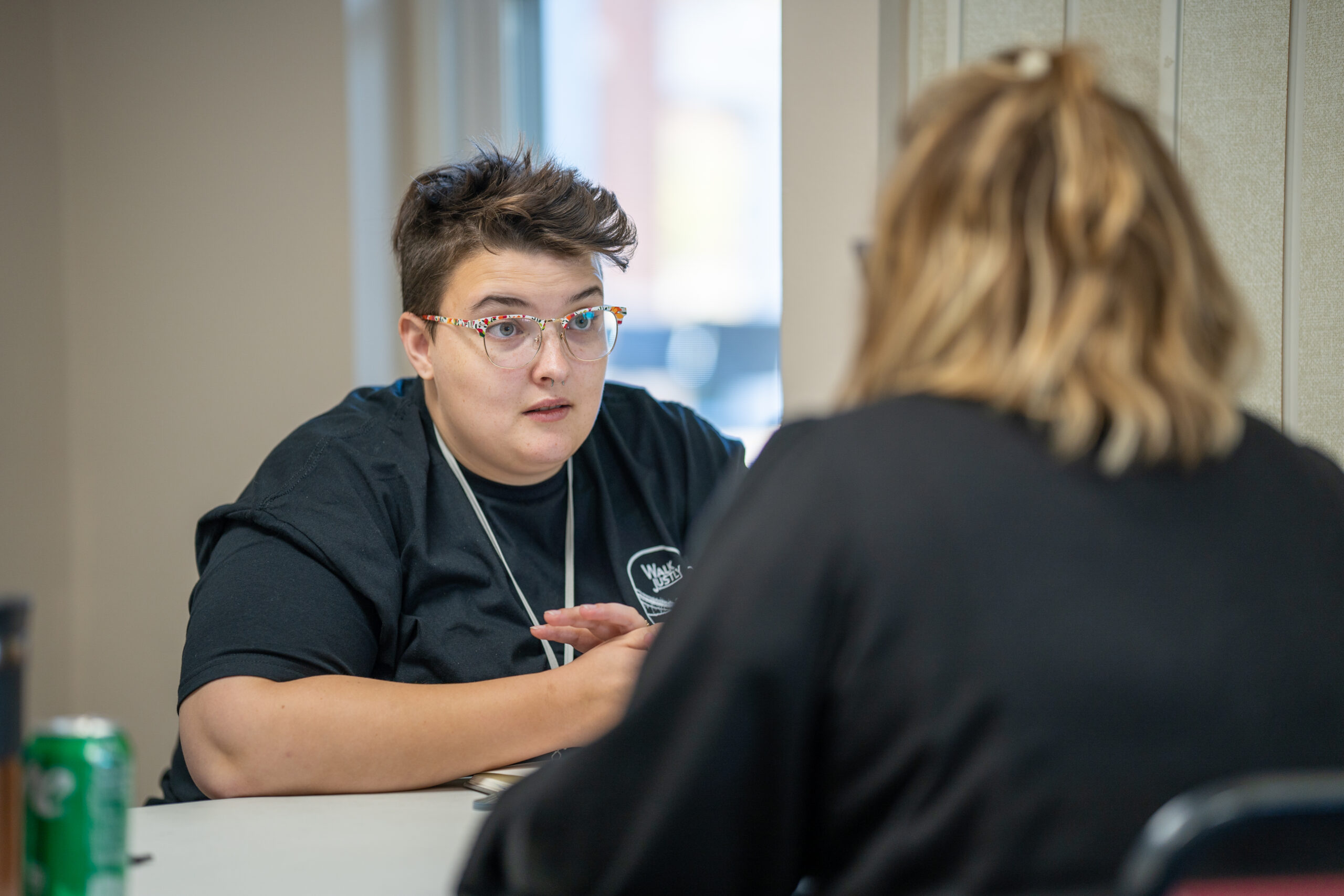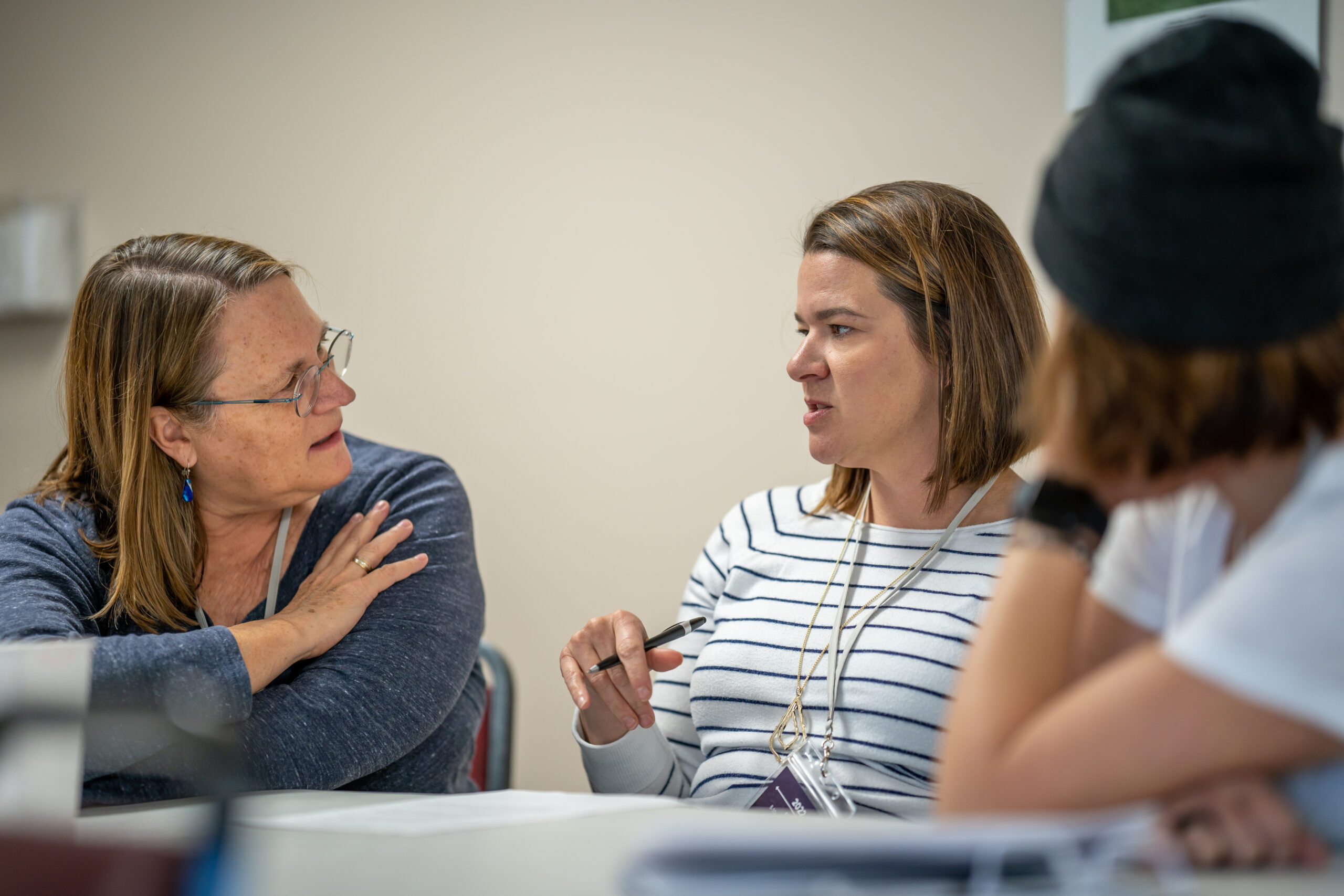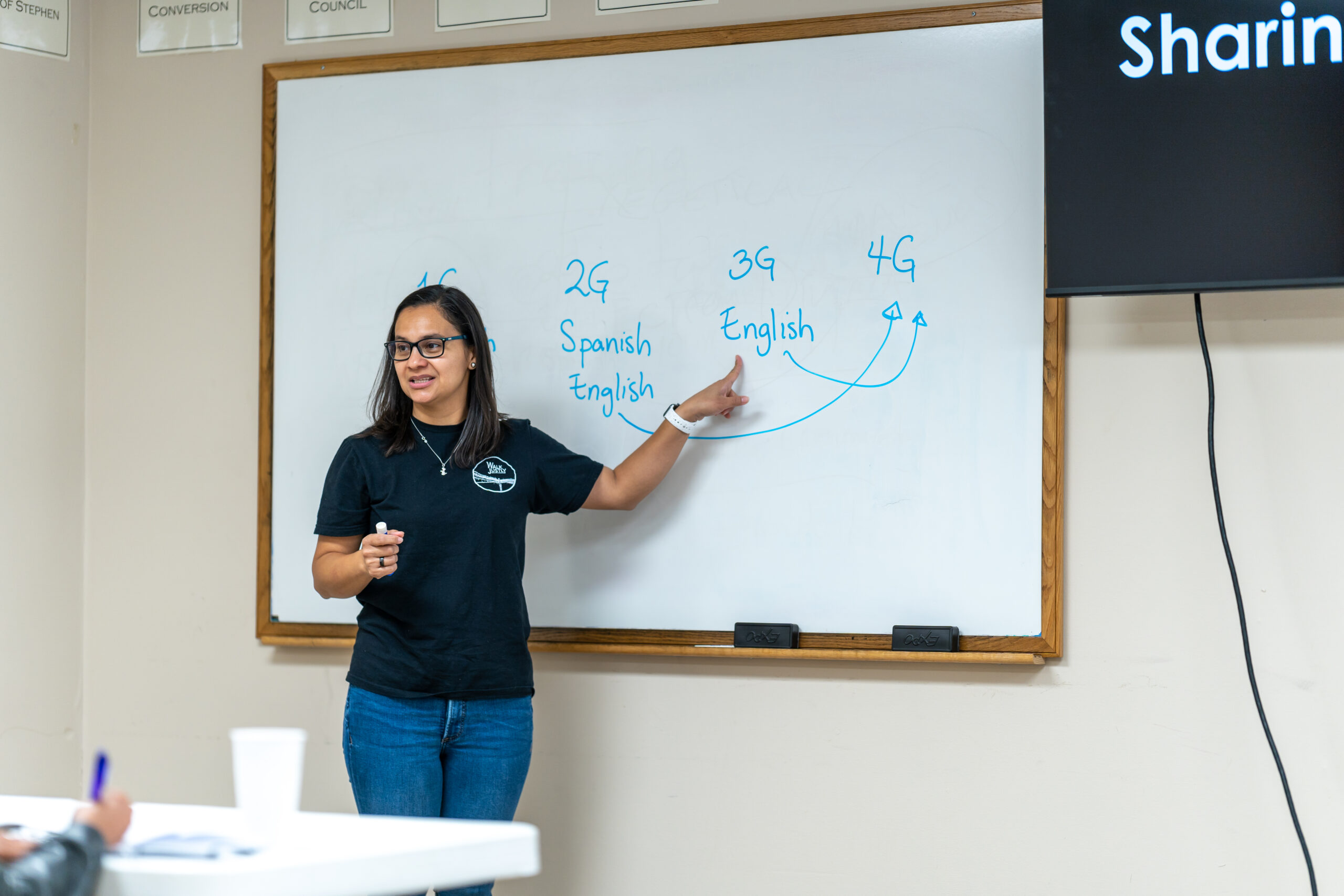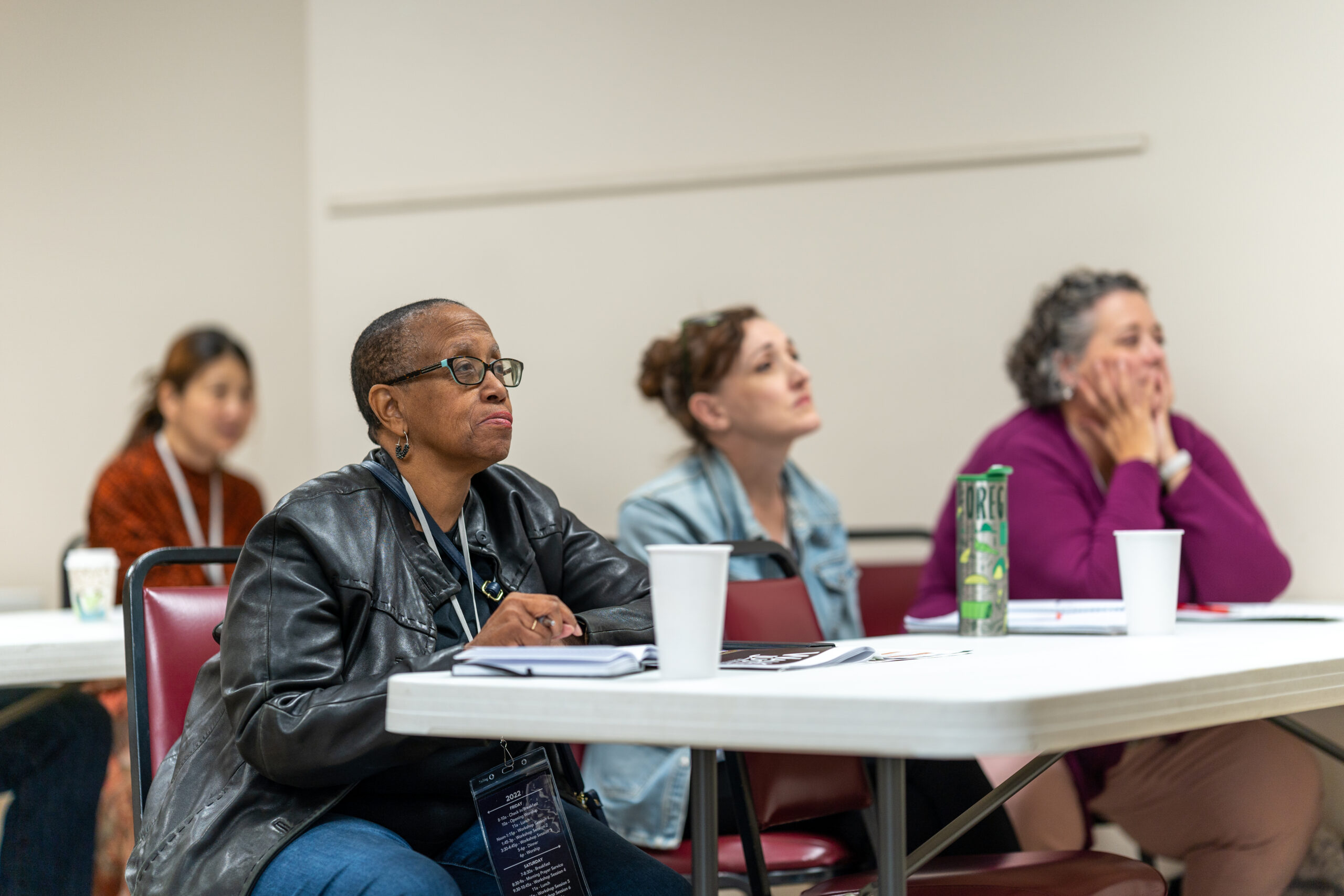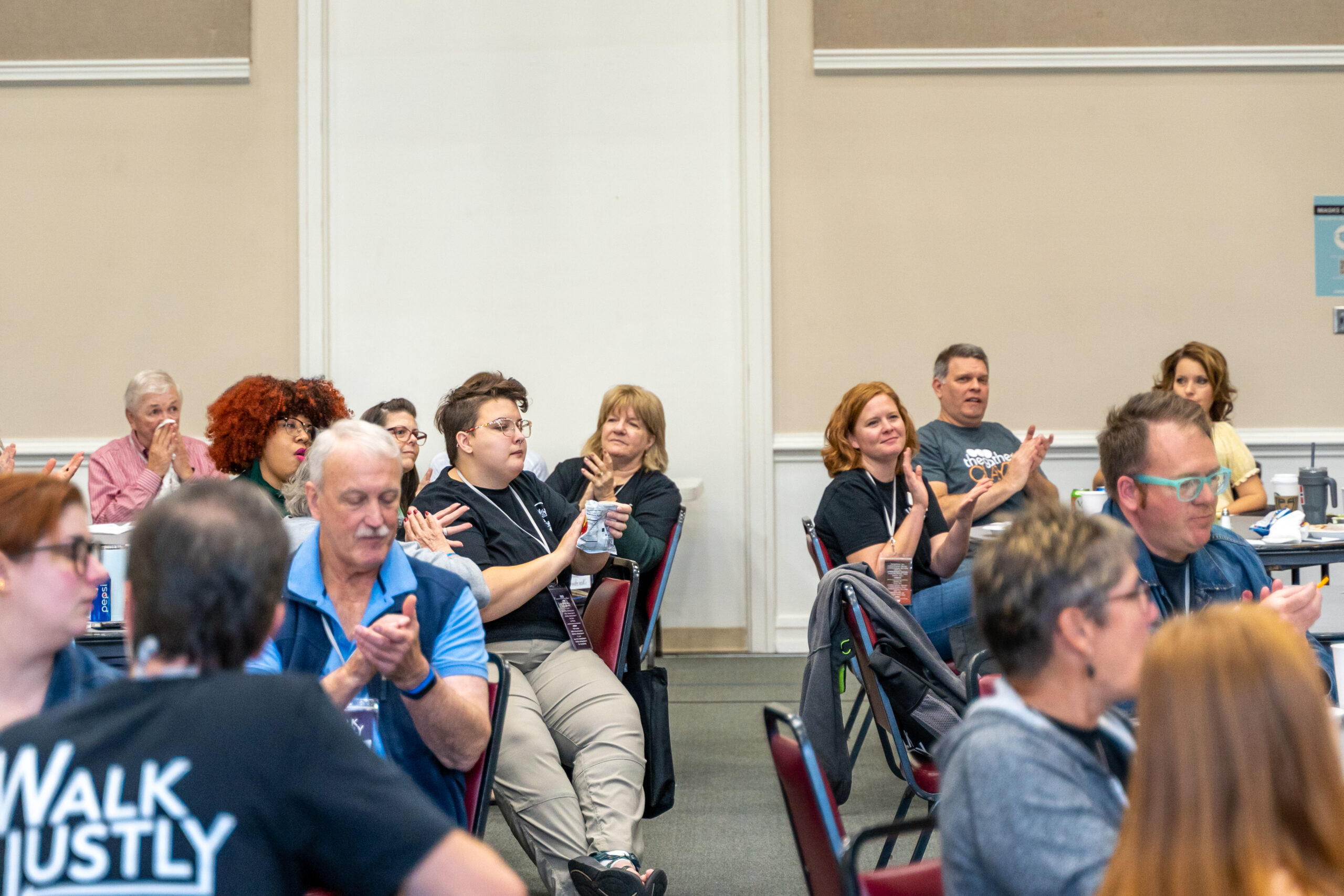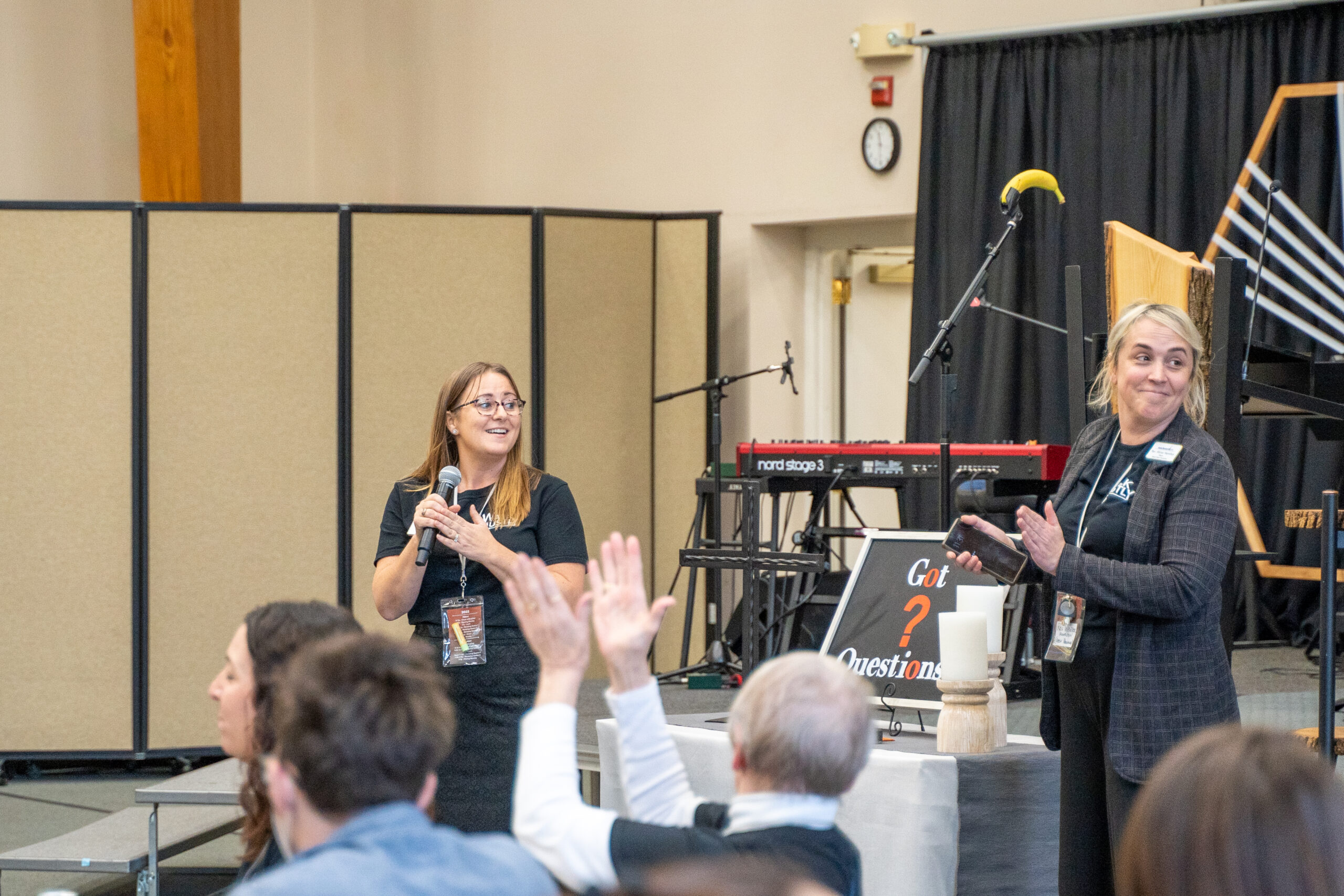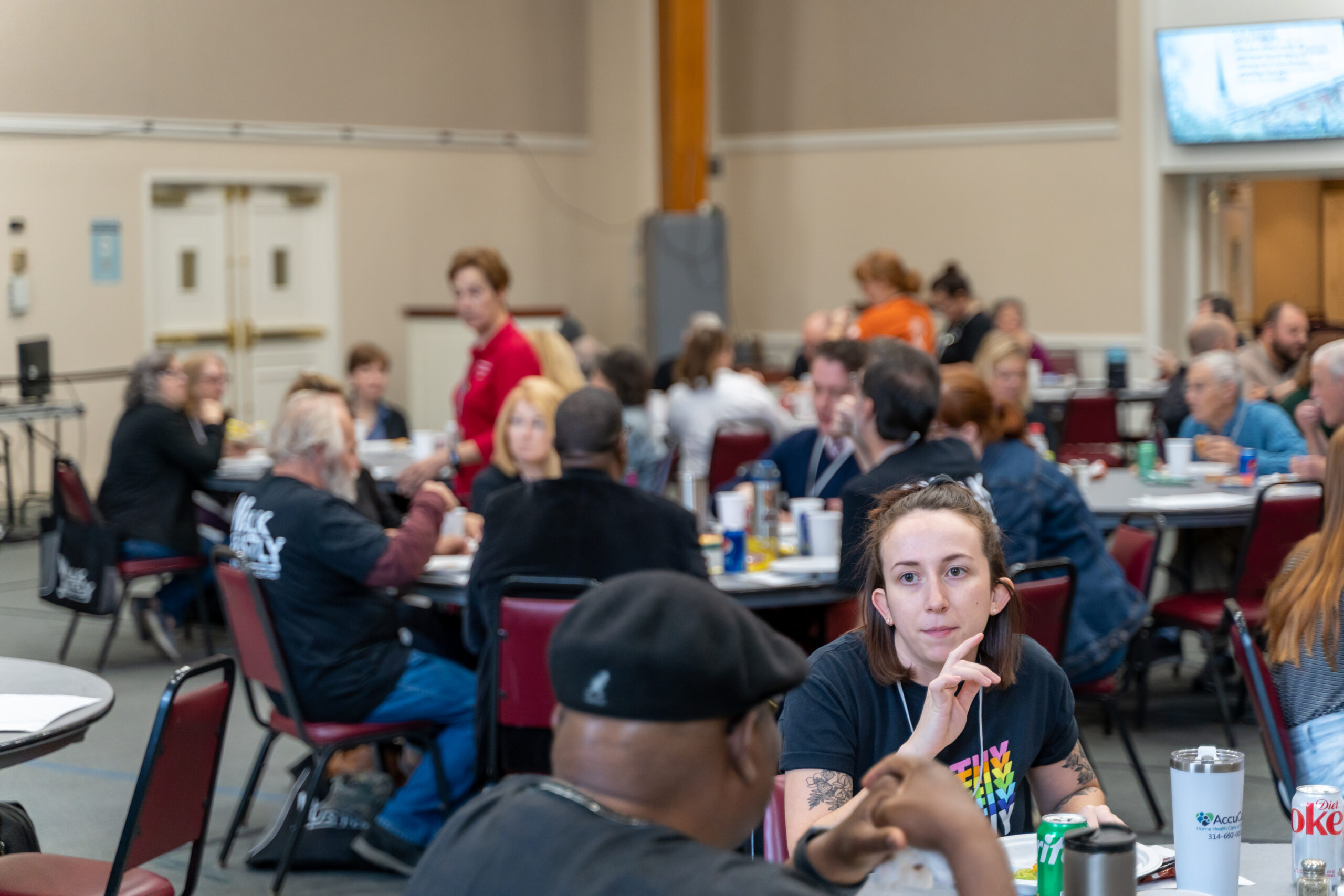
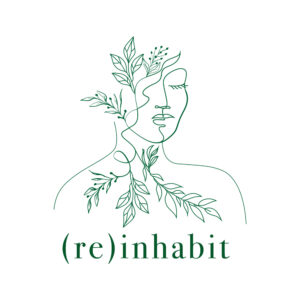
october 20-21, 2023
The (re)inhabit conference is for those leaning into our calling to tend the wellbeing of the earth, our communities, and our own very flesh…and for those wondering how the church can best take on this task.
The (re)inhabit conference will confront the disconnection that many people have with their bodies and with the planet as we consider issues around the domination, control, and oppression of bodies, human and earthly.
The (re)inhabit conference is rooted in ecotheology and embodied theology.
Early Bird Event
Dinner prepared by chef rob connoley | Thursday, OCtober 19 | 6p
Featured speakers
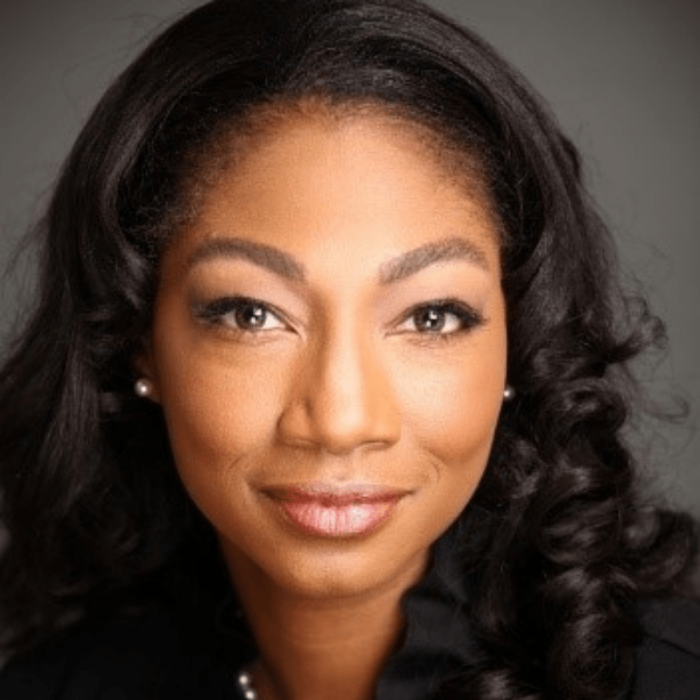
Black Womanist Theology as a Launching Point
The launching point of this workshop will be Black and Black womanist theology. In her work, Rev. Dr. Marshall Turman “holds traditions and liberative frameworks in fine methodological tension” (Emilie Townes). With a decidedly womanist point of view, hers stands out as one of very few scholarly millennial voices offering moral perspective on issues facing the Black community. At a time in our history when the Black church and Black lives are once again under constant siege, Dr. Turman has committed her intellectual and ministerial platform to a nuanced exploration of the most marginalized among us.
The Reverend Eboni Marshall Turman, Ph.D. is the associate professor of theology and African American religion at Yale University Divinity School in New Haven, CT. A first-career concert dancer and ordained National Baptist preacher, her research interests span the varieties of twentieth and twenty-first century US theological liberalisms, most especially Black and womanist theological, social ethical, and theo-aesthetic traditions. She co-chairs the Black Theology unit of the American Academy of Religion, serves on the executive committee of the Society for the Study of Black Religion, and is a founding member of the Black Church Collective, Brooklyn, NY. She is also the founder of “Brilliant Black Woman,” a virtual community of thinking women of African descent who are creatively transforming and sustaining the church and the world.
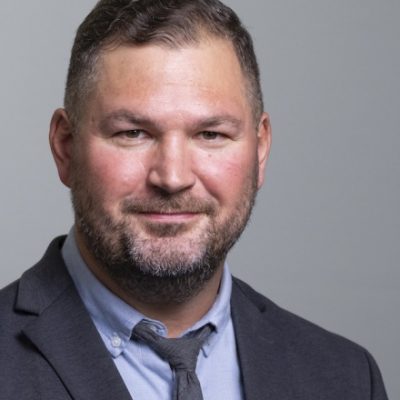
Paganus Christianity: Recovering our Spiritual ties to the Land
Paganus means country, of the land, rustic, rural. In demonizing the earth-based beliefs and practices of Native peoples as “pagan,” beginning in Europe and spreading worldwide, imperial forms of Christianity have cut us off from deep spiritual sensibilities tied to the animating energies of the land. Rooted in an affirmation that Jesus, like so many of the prophets who came before him, was spiritually grounded in intimate relationship with sacred spaces, elements, and creatures, this workshop will invite earth-minded Christians to recover theological beliefs and spiritual practices attuned to the sacred places we inhabit.
Timothy Reinhold Eberhart is the Robert and Marilyn Degler McClean Associate Professor of Ecological Theology and Practice at Garrett-Evangelical Theological Seminary, where he directs the Master of Arts in Public Ministry program and the Center for Ecological Regeneration. Eberhart, who grew up in South Dakota, earned a bachelor of arts in religion from St. Olaf College, master of divinity degree from Vanderbilt Divinity School, and doctor of philosophy from the Graduate School at Vanderbilt University. He has led numerous environmental initiatives at the seminary, including Garrett-Evangelical’s founding role in the Seminary Stewardship Alliance and the completion of a three-year Green Seminary Initiative certification as a Green Seminary. His publications include Rooted and Grounded in Love: Holy Communion for the Whole Creation (Wipf and Stock, 2017), The Economy of Salvation: Essays in Honor of M. Douglas Meeks (Wipf and Stock, 2015), and chapters on mission, ecclesiology, and ecotheology. Eberhart is an ordained elder in the Dakotas Conference of The United Methodist Church, a trained permaculturalist, UMC Earthkeeper, and an Advisory Team member of the UMC Creation Justice Movement. He, his spouse Rebecca, and their three children live in Evanston, IL, where he has been active with Citizens Greener Evanston, Environmental Justice Evanston, and the city’s Equity & Empowerment Commission.
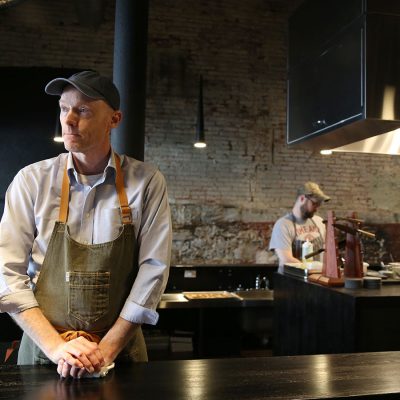
Reparative Restauranting: Can food change the past?
From our opening day we asked ourselves two things – What more can a restaurant do beyond serving great food? And What should fine dining look like today? We didn’t know the answers to those questions in April of 2019, and quite frankly, we didn’t really understand the questions. But, by keeping those questions forefront in everything we have done, increasingly we’re beginning to understand both, or at least we feel like we’re heading in the direction as we explore what it means to be a reparative restaurant.
We believe that opening the doors and putting out good food is the starting point for any restaurant. Community giving is the next level, to show support for the people who keep those doors open. But then what? Can we leave the land that provides our food in better shape? Can we honor the people who formed the food that we now serve and profit from? Can we share what we learn with others to create lasting change? Chef Rob is often heard saying, “I don’t want every restaurant to be a political statement, but I do want every chef to be aware of the impact, good and bad, of their profits.”
And it’s exactly this line of thought that reverberates to the question of what fine dining looks like today. Our egalitarian compensation structure addresses the traditional cook-server pay disparity. Our physical design says that a guest in a wheelchair should have the exact same experience as a guest who walks through the door. And our spirit-free cocktail program says that every guest is coming to celebrate and should be able to do so. We’re far from where we want to be, but we’re constantly exploring these concepts and how they translate into a fine dining experience.
Chef Rob Connoley is Chef and Owner of Bulrush Restaurant in Midtown St Louis. The restaurant focuses on Ozark cuisine using a Reparative Restauranting model that seeks to highlight the role of indigenous people and enslaved individuals in the formation of the region. The restaurant uses this model to give voice to marginalized people, financially support harmed communities, and nurture change in the restaurant industry through mentorship programs. This work has garnered recognition from the James Beard Foundation, the Julia Child Foundation, and numerous national and international media outlets.

Embodying Theology
All theology is an embodied act. This class will focus specifically how embodied realities impact how the theological task is undertaken. By exploring intuition, vision, placement, and space, as a way we know and as a practice of theology. We will focus on how we undertake the theological task with an awareness of our own bodies. Additionally, we will explore how we contextualize our own bodies and the bodies of others and examine our own ways of thinking.
Damayanthi Niles’ writing and research have been focused on constructive and contextual theology. She has taught courses on foundational theology, missiology, and post-colonial thought. She has also served as the research associate of the Christianity in Asia Project at the Centre for Advanced Religious and Theological Studies at Cambridge University, United Kingdom.
A frequent lecturer, Dr. Niles has expertise in Asian theology and missiology. Her areas of interest and teaching include constructive theology, inter-faith, comparative theology, theology and power, contextual theology with a particular interest in Asia, language of theology in a landscape of conflict and violence, and using aesthetics in the teaching of theology.
She has been a member of the General Assembly Committee on Ecumenical Relations (GACER) of the Presbyterian Church USA since 2006 and was Chair of the subcommittee on Interfaith Relationships for GACER 2007-2012.
Her publications include Doing Theology with Humility Generosity and Wonder: A Christian Theology of Pluralism. Minneapolis; Fortress Press, 2020, Worshipping At the Feet of Our Ancestors: Hendrik Kraemer and the Making of Contextual Theology in South Asia, Wein: Lit; UK: Distribution, Global Book Marketing, 2012 and “It’s Time to Dance With Dragons” International Review of Mission, Vol 100.2, No. 393, November 2011.
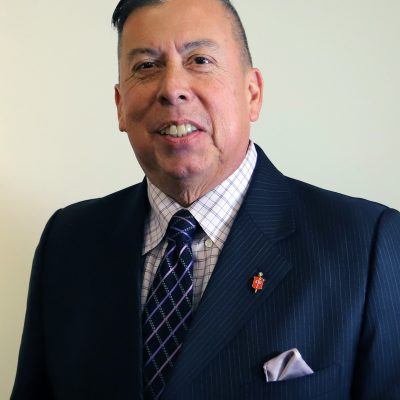
Sharing Mother Earth
This workshop will include various ways that Indigenous persons and tribal groups are using Indigenous methods to care for communities and to share with one another. The workshop will include highlighting some of these models that can be utilized in communities and local churches.
Rev. Dr. David M. Wilson has served as resident bishop of the Great Plains Conference of The United Methodist Church since Jan. 1, 2023. Bishop Wilson, a member of the Choctaw Nation of Oklahoma, holds the distinction of being the first Native American elected to serve as a bishop in the history of The United Methodist Church.
Prior to election, Bishop Wilson served as assistant to the bishop of the Oklahoma Indian Missionary Conference (OIMC), which is comprised of 81 Native American churches in Oklahoma, Kansas and Texas.
Bishop Wilson was ordained as an elder in 1995 and served charges in Tahlequah and Norman, Oklahoma. During his term as conference superintendent, he also served as the pastor of Norman First American UMC in Norman, Oklahoma, and during his tenure the church grew and completed their building construction in 2007.
Bishop Wilson often lectures on Native American spirituality in classrooms and for groups across the denomination. In his personal time, he enjoys running and studying history, in particular Native American history. His grandfather, Calvin Wilson, was one of the Choctaw Code-Talkers from World War I.
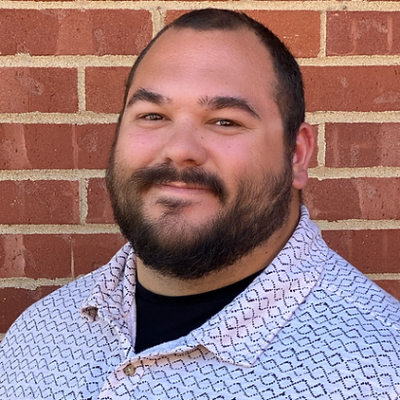
“For You There Are No Strangers:” Albert Schweitzer and the Problem of Ethics in Post-Pandemic America
Claiming nearly 7 million lives, the Covid-19 pandemic thrust humanity into a period of intense reflection on the fragility of life. However, in a time when people were encouraged to care for their fellow human beings by taking the precautions necessary to protect one another, many asked the same question as one of Jesus’ antagonistic opponents in the Gospel of Luke: “and who is my neighbor?” In addition to the virus, though, the United States has long been plagued by another adversary: non-necessity toward the other. By claiming no responsibility for the well-being and care of others, no one – including our friends, family, and loved ones – is considered our neighbor.
In this workshop, we’ll talk about the ethical work of 20th century theologian, philosophy, and physician, Albert Schweitzer, and how he can help us on this front. In his work as a missionary doctor in the Congo, Schweitzer developed an incredibly comprehensive system of ethics, extending not only to humanity, but to animal and non-sentient life as well. In this, Schweitzer emphasizes one’s necessity and responsibility toward all life. This ethical system has the potential of providing us a framework to think through humanity’s obligation to one another in light of the Covid-19 pandemic. By utilizing his language and concepts and applying them to our current situation, an argument can be made for the same reciprocity and mutual care of one another in post-pandemic America.
J.T. Young is a pastor, activist, and theologian living in St. Louis, MO. He is the Ministerial Director of Discipleship and Missions at Concord Trinity UMC and Adjunct Professor of Philosophy and Religion at Lindenwood University. He’s earned a B.A. in Religion from Lindenwood University, Master of Divinity from Princeton Theological Seminary, and is currently pursuing a Doctor of Ministry in Public Theology at Eden Theological Seminary. His current research focuses on the intersection of critical theory, moral development, and activism in the local church, and he is the author of the forthcoming book “Extremists for Love”: A Theological Introduction the Struggle for Racial Justice, under contract with Wipf and Stock Publishers.

Using Government to Build Community Power for Environmental Justice
Inspired by theology laid out of the book of Job and the gospel of Mark, we will discuss how we as community members and leaders can build community power for environmental justice by asking community members what they need, fostering community champions, and creating opportunities for education, stewardship, and advocacy.
Attendees will learn how to use governmental tools and funding to enable their work, and will be provided with references for national and localized funding resources.
Cara grew up outside of St. Louis, in a little town along the Meramec River. It was there that she developed a love for the outdoors and a passion for conservation. She achieved her Bachelors of Science from Murray State University in Wildlife Biology & Conservation Education.
Cara started with the Stream Team Program in March of 2022 after working in the St. Louis region as a Natural Resource Assistant for over a year. In her position she delivered public programs on a variety of nature topics and outdoor skills, helped with large events, and assisted with wildlife monitoring. Before starting her career with Stream Team, she worked in the interpretive division of the National Park Service, the Forest Service, and Missouri Department of Natural Resources, where she taught a variety of audiences about streams, caves, and wildlife. While working on her Bachelors, she gained experience as an undergraduate research assistant, analyzing samples of aquatic invertebrates to maintain a long-term dataset of a stream’s water quality. In her current position, her primary responsibilities are assisting Stream Teams in the Southeast region, facilitating Volunteer Water Quality Monitoring, managing the Stash Your Trash program, and working on the Stream Team curriculum.
Cara is also a water enthusiast in her free time; besides rowing, she likes to fish and wakeboard. She also has a dog, Fjord, who is her best friend and comes on all her adventures with her.
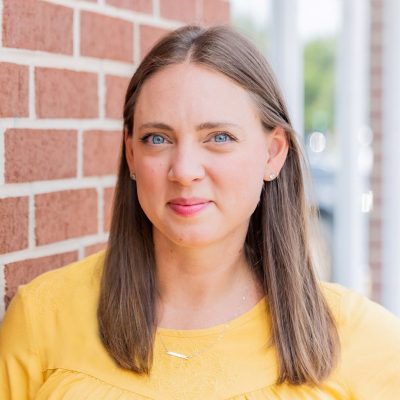
Rejecting Diet Culture’s Lies and Building an Environment of Food and Body Trust in Your Home
How can we glorify God in a body that we hate? And did God create us to hate our bodies and distrust our appetites, or are these cultural lies that are actually in opposition to God’s will? In this session, we will explore where the messages that lead us to feel food and body shame really come from and how we can reject these lies and truly honor God with our physical selves. Most importantly, this session will explore just how early our children learn these harmful messages, both from the culture around them as well as well-meaning caregivers in their own homes. Participants will learn how to identify and reject practices that may draw themselves and their children away from God through food and body shame, replacing them with an approach that helps children connect with their bodies and enjoy a healthy relationship with food. We will also explore how this approach not only glorifies God, but ultimately helps us attain our best physical health independent of the number on the scale to support a lifetime of doing God’s great work.
Diana Rice, RD, LD (she/her) is the founder of Tiny Seed Family Nutrition, a counseling and consulting company with the mission of helping families enjoy a healthy relationship with food. In her private practice, she treats both children and adults with conditions including selective eating and ARFID, food fixations, weight concerns, dieting trauma and eating disorders. She studied dietetics at the University of Northern Colorado, completed her dietetic internship with Cedar Crest College and also holds a degree in journalism from New York University. Diana practices from a weight-inclusive lens and is a Certified Intuitive Eating Counselor. She is active on Instagram at @anti.diet.kids, a platform to help parents navigate raising children to reject diet culture and embrace their naturally-born ability to be intuitive eaters. She also hosts a podcast, The Messy Intersection, which speaks to parents seeking to restore their own relationships with food while raising children with the resilience to resist dieting and embrace their natural body sizes. Diana is based in Edmond, Oklahoma where she lives with her husband and two girls.
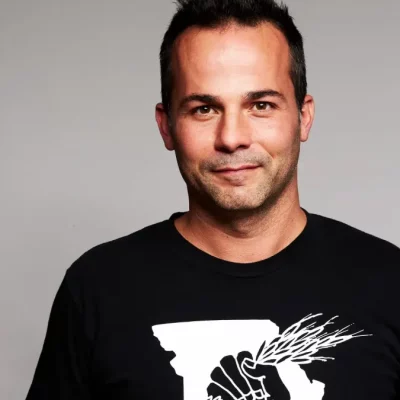
Farming Crisis in Missouri
This is an important year in the fight for farmers’ livelihoods, our rural economies and a secure, fair and healthy food system.
This year is a Farm Bill year, which comes around every 5 years. Farm Bills are one of the most significant pieces of legislation that affects our food supply, farmers, our communities and consumers right here in Missouri and across our country. Following a global pandemic, food security scares, and supply chain disruptions coupled with family farms and small rural businesses in peril, there is a new sense of urgency and momentum for this year’s Farm Bill.
For entirely too long, farm and rural economies have struggled due to a few multinational and now foreign corporations controlling U.S. food and agriculture markets. Their undue influence on Farm Bill policies have resulted in low prices paid to family farmers, putting family farmers and small rural businesses out of business, all while consumers pay more and more.
In this workshop we are going to discuss what we can do to confront this growing problem.
Tim Gibbons is communications director for the Missouri Rural Crisis Center, a statewide farm and rural organization dedicated to preserving family farms and promoting stewardship of the land and environmental integrity. He has been with the Missouri Rural Crisis Center (MRCC) since 2005. MRCC represents independent family farmers, rural families and their communities and citizens concerned with our food supply, our natural resources and democracy. Tim works to organize a large membership base of farm families, rural citizens and other Missourians to challenge the industrialization and corporate control of agriculture and our democratic process. Through MRCC, thousands of rural Missourians have been empowered by increased opportunities to participate in public policy formation and advocate for Missouri independent family farms and rural communities. MRCC’s mission is to preserve family farms, promote stewardship of the land and environmental integrity and strive for economic and social justice by building unity and mutual understanding among diverse groups, both rural and urban.
MRCC Description
The Missouri Rural Crisis Center (MRCC) is a progressive statewide farm and rural membership organization founded in 1985 with over 5,600 member families. Our mission is to preserve family farms, promote stewardship of the land and environmental integrity and strive for economic and social justice by building unity and mutual understanding among diverse groups, both rural and urban.

Farming, Distribution & Access of Food
Most of us have heard the terms like, “farm to table” and “food desert,” but what does that really entail on a local level. This workshop features speakers working on food justice issues that impact growing fresh food, and getting it to the people.
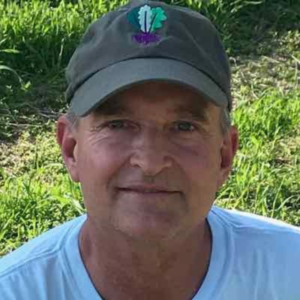
Christopher graduated from the University of Missouri Columbia with a B.S. in Agronomy in 1983. In preparation for graduation, his advisor actually used the “get big or get out” line about industrial agriculture being the future of ag and the small farm being a thing of the past on him. Disenchanted, Christopher postponed his dream of farming. In the mid 90’s, he learned about the CSA model of subscription farming, and decided that was his way back into agriculture.
In 1995, Christopher founded The Farm at Kraut Run in St. Charles County, MO. He sold vegetables, eggs, goat milk, cheese and pork through the CSA, at two farmers markets and local restaurants. In 2019, he retired from farming and joined Missouri Coalition for the Environment as the Farm Specialist in their new program, Known and Grown STL. Since then, this organization has grown to a membership of 70 farms that are promoted and supported in many ways. Most recently, Known and Grown STL has launched a refrigerated delivery service designed to keep farmers on the farm growing food instead of losing a day a week to delivering. Christopher believes choosing organic food grown close to home is the best chance to reverse the effects of climate change.
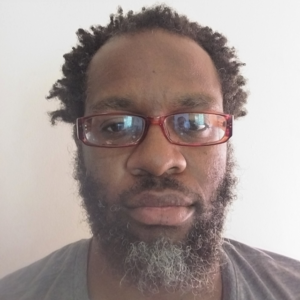
Earnest has been growing food for eight years now. He started gardening when his father became ill and couldn’t maintain his garden. In addition to planting his cherry tomatoes and greens, Earnest started container gardening in 2017. As he started expanding into different plants like cucumbers and peppers and various greens, he began working part-time as an employee of Heru Urban Farming in 2021. Earnest started out doing basic farming maintenance like weeding, watering, and mulching. But as he continued to work, he learned more skills, like operating a tractor and BCS machine, trellising vining plants, composting, tilling, and operating self-watering systems. Earnest eventually became Farm Manager of Heru Urban Farming in his second season with them in 2022, where he managed the beds where the food was grown, ensuring they were properly tilled, fed, planted, mulched, and trellised if needed.
One of the large programs Earnest helped institute at Heru Urban Farming is through the Farm to School grant. Through this grant, he was able to teach students from the Hawthorne School for Girls how to grow cucumbers from seed to harvest. He also taught them how to grow different kinds of greens in containers.
While continuing his work at Heru Urban Farming, Earnest started his own gardening company, called Claudie’s Urban Gardens LLC, which installs container gardens for customers. They plant greens, nightshade plants, cucurbit plants, and even fruiting plants like strawberries and blueberry bushes. In their first season, they have planted 10 gardens in the St. Louis area, while earning over $6,000 in revenue. They provide ongoing support to their customers throughout the season. In addition, they provide a gardening guide that helps them tend their garden, as well as how to deal with pests and other issues that may arise.
Throughout his 8-year tenure as a gardener/farmer, Earnest has learned a tremendous amount about growing different types of food. He intends to learn more as he becomes a more valuable asset to Heru Urban Farming and grow the business endeavors or Claudie’s Urban Gardens.

What does embodiment look like and mean in our daily lives? Our panelists will explore and unpack practical ways we can deepen our relationship with our own bodies.

Brittany, a Cleveland native with an unshakable commitment to change, draws strength from her inner-city roots. With a Bachelor’s in Sociology and a Master’s in Human Development and Family Sciences, her research delves into youth development within the United Methodist Church through a Critical Race Theory lens, earning her esteemed awards.
With over 15 years of nonprofit experience, Brittany’s career is a testament to her passion for serving under-resourced communities. Notably, she spearheaded a million-dollar Trauma Network initiative, recognized as an emerging beacon of hope by Focus St. Louis.
As the McCausland Site Director at The Gathering United Methodist Church, Brittany oversees volunteer teams, adapts ministries to suit the site’s context, connects individuals to the church, and leads site-specific initiatives to foster a welcoming environment. Her role as Communications Chair for the Black Methodist Church for Renewal (BMCR) St. Louis Caucus reflects her commitment to her Black communities.
In recent years, Brittany has embarked on a transformative journey exploring faith, trauma, her body, and racial identity. Through practices like Art Therapy and embracing Womanist Theology, she aims to guide fellow Christians in honoring their God-given identity. Her insightful discussions on faith and emotions have graced podcasts, and she co-authored a Facilitator Guide for ‘Get Up: Unearthing Your Passion and Taking Brave Actions in 50 Days’ with Pastor Charity Goodwin in 2022.
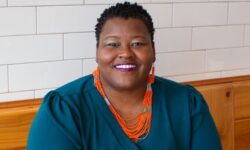
With 20 years in ministry, quick wit, and practical wisdom, Rev. Charity Goodwin consults leaders on small groups and formation. In addition, the integration she speaks on leadership as well as spiritual wholeness and emotional wellness. She’s the Pastor of Spiritual Formation & Groups at The Gathering United Methodist Church in St. Louis, MO, which is her hometown. Charity strengthens her ministry with certifications in Emotional Intelligence from Six Seconds as well as the research of Dr. Brené Brown. Her first book GET UP: Unearthing your Passion and Taking Brave Action in 50 Days was released as a devotional journal in March 2020.
walk justly 2023 pricing
-
Standard Plus $300
(YOU HAVE THE RESOURCES TO PAY FOR YOUSELF & HELP OTHERS WITH FINANCIAL NEED ATTEND.) $50 deposit
-
Standard $225
(YOU HAVE THE RESOURCES TO PAY FOR YOURSELF.) $50 Deposit
-
One Day $150
(Chose to attend either Friday, October 20 OR Saturday, October 21) $50 Deposit
-
Equity $100
(YOU HAVE FINANCIAL NEED FOR A DISCOUNTED PRICE.) $50 Deposit
SCHOLARSHIPS: If you are a clergy, church leader or seminary student who has insufficient Continuing Education funds to cover the registration fee for this conference, you may request a scholarship by emailing [email protected] for assistance.
Thank you to our current Walk Justly sponsors
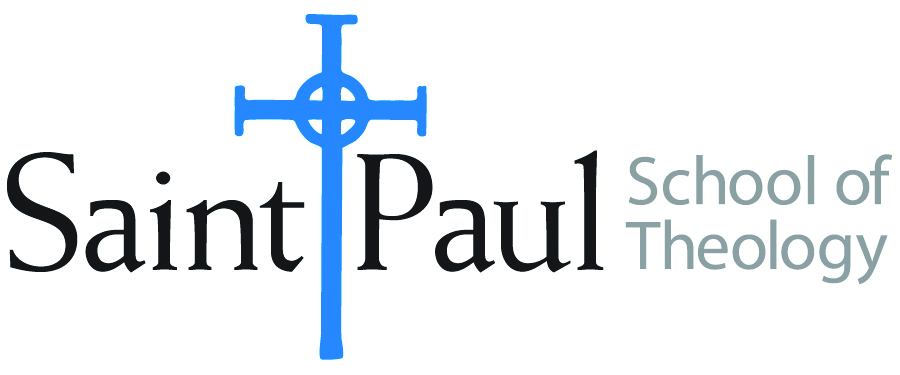
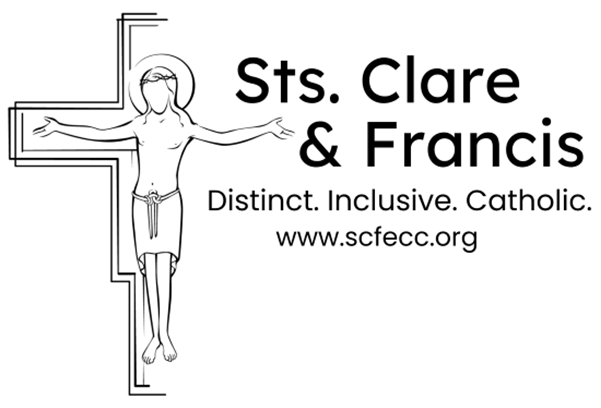
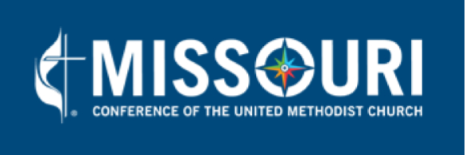
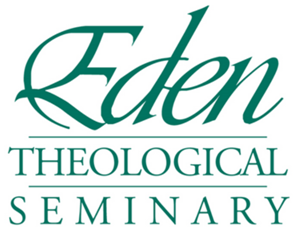

Walk Justly sponsorship opportunities
There are different opportunity levels of sponsorship for the upcoming Walk Justly Conference.
- 2 Registrations
- Table in Fellowship Hall
- Logo on Walk Justly website
- Featured on Walk Justly social media
- 1 Registrations
- Table in Fellowship Hall
- Logo on Walk Justly website
- Featured on Walk Justly social media
- Table in Fellowship Hall
- Logo on Walk Justly website
- Featured on Walk Justly social media
For sponsorship opportunities, or to received more information on spoonsorship, please fill out the form below.
The Walk Justly Conference is an annual gathering of pastors, ministry leaders and congregants who are dedicated to creating change in their local communities. Each year, the Walk Justly Conference will focus on a new topic in order to connect, resource, educate, and empower individuals towards effective, culturally informed, context specific ministries.
WORKSHOPS
This year’s conference will offer a variety of guest speakers of diverse backgrounds and callings. Registration includes the opportunity to attend six workshops, and a schedule will be created that allows each applicant the chance to participate their top six choices!
WORSHIP
Twice daily worship experiences will cover all genres, pulling from diverse liturgical resources, shared with the excellence and inspiration that Manchester UMC is known for. Guest preachers include the Rev. Dr. Eboni Marshall Turman & the Rev. Dr. Timothy Eberhart.
INTERACTIVE PRAYER ROOM
Interactive prayer room includes works from diverse artists expanding images for God, Christ and the Holy Ghost beyond the dominant and domineering culture. There are opportunities for breath prayer, mediation, interactive coloring, and napping.
MEALS, SNACKS, SWAG
Meals, snacks, and beverages will be provided. We will work to accommodate dietary sensitivities and to keep this conference as green as possible. All participants get a conference bag that includes a t-shirt, pens, handouts, & more!
